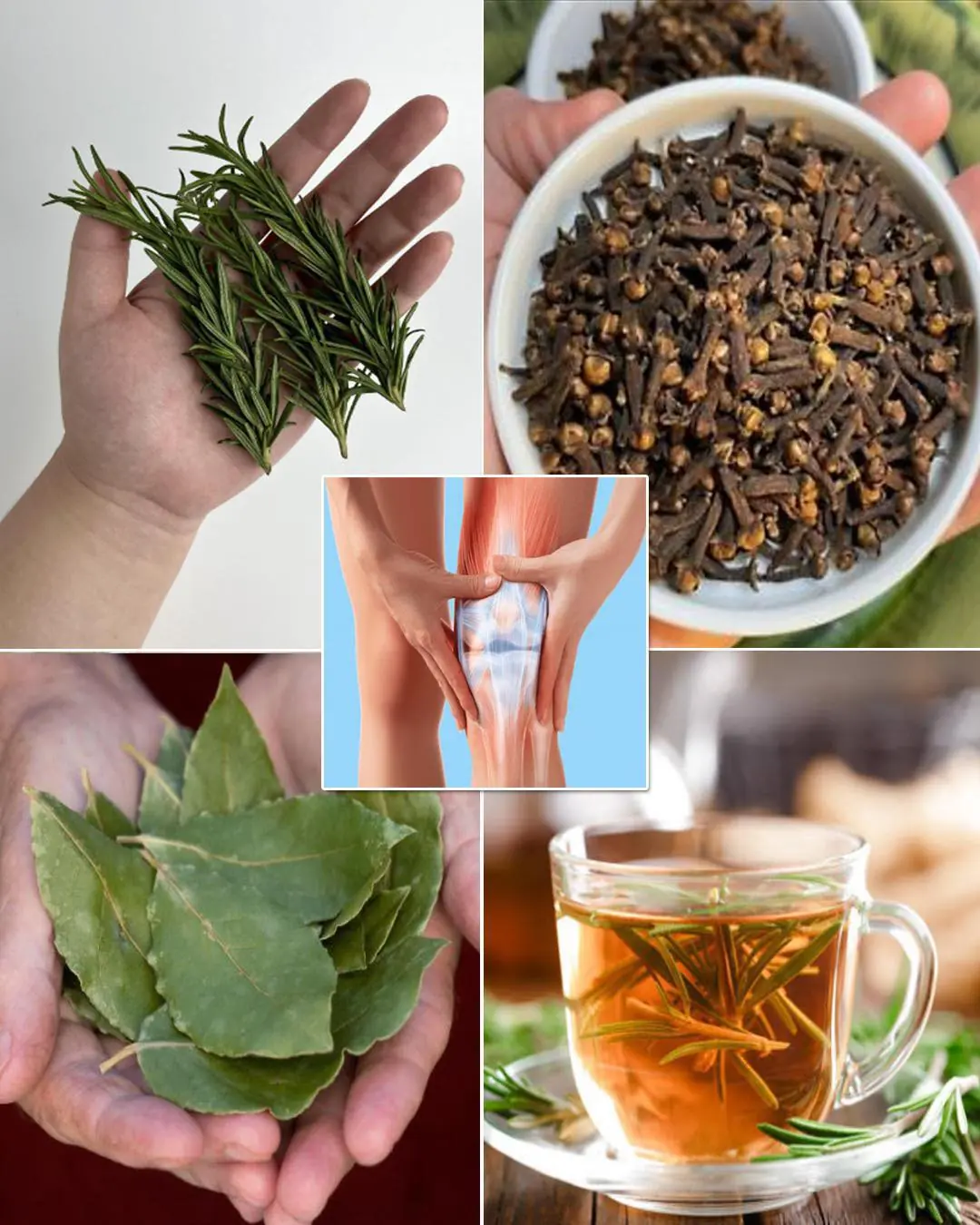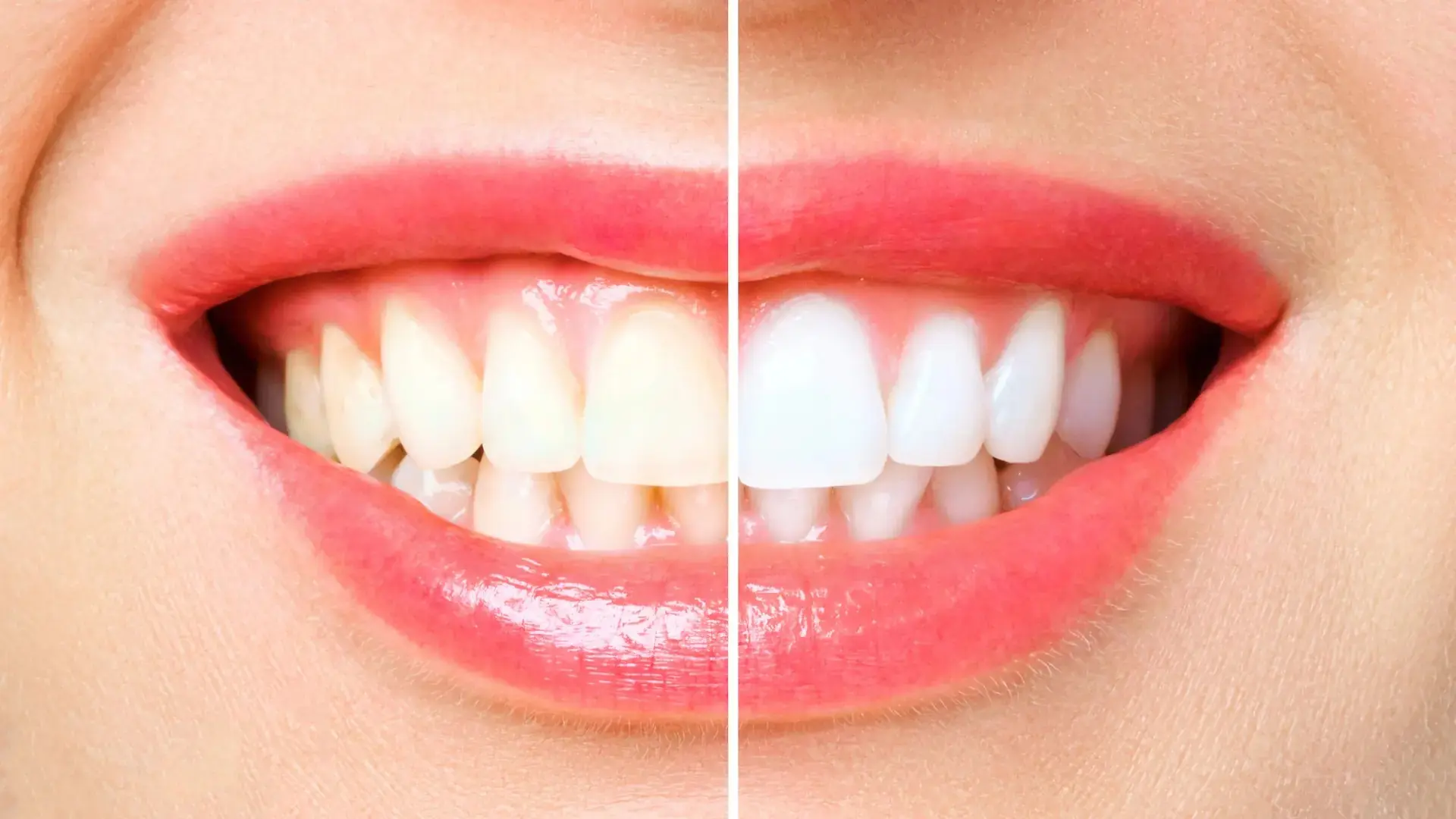
CLEANSE CLOGGED ARTERIES WITHOUT MEDICATION
In today’s fast-paced world, cardiovascular health has become a major concern for millions of people globally. Clogged arteries—officially known as atherosclerosis—are a leading cause of heart disease, strokes, and other serious health complications. While medications and surgical interventions certainly have their place in modern medicine, there are also powerful, natural strategies one can adopt to support arterial health without relying solely on pharmaceuticals. This essay explores how lifestyle, diet, and exercise can work together to help cleanse clogged arteries and enhance overall cardiovascular wellbeing.
First and foremost, diet plays a pivotal role in maintaining healthy arteries. Consuming a variety of whole, plant-based foods is one of the strongest ways to reduce plaque buildup. Vegetables, fruits, legumes, whole grains, and nuts provide fibre, antioxidants, and beneficial phytochemicals that help reduce inflammation and oxidative stress—two primary drivers of arterial damage. For example, foods rich in soluble fibre—such as oats, beans, and lentils—bind cholesterol in the digestive tract and help reduce LDL (“bad”) cholesterol levels, a key contributor to artery clogging. Additionally, colourful fruits and vegetables, including berries, leafy greens, and cruciferous vegetables like broccoli, supply vitamin C, vitamin K, potassium, and other nutrients that support endothelial function (the lining of blood vessels). Swapping out processed foods rich in trans fats, refined sugars, and excessive sodium is crucial; these items accelerate arterial damage, raise blood pressure, and foster unhealthy lipid profiles.
Another cornerstone of arterial health without medication is regular physical activity. Exercise encourages improved circulation, helps maintain healthy weight, and promotes the production of nitric oxide—a compound produced by the endothelium that relaxes blood vessels, thereby enhancing blood flow and reducing arterial stress. Aim for at least 150 minutes of moderate aerobic activity per week, such as brisk walking, cycling, or swimming, plus muscle-strengthening activities on two or more days. For arterial cleansing specifically, interval training is especially beneficial: short, intense bursts of movement followed by recovery periods challenge the cardiovascular system in ways that stimulate vascular adaptation and improve arterial flexibility. Additionally, engaging in daily movement breaks—such as standing, stretching, or walking for a few minutes every hour—helps prevent stagnation in the circulatory system and supports vascular health.
Stress management, though often overlooked, is another powerful tool for protecting and cleansing arteries. Chronic stress triggers the release of hormones like cortisol and adrenaline, which in turn raise blood pressure, increase insulin resistance, and accelerate inflammation—each contributing to arterial plaque formation. Techniques such as mindfulness meditation, deep breathing exercises, yoga, or even regular leisure activities can help dampen this stress response. By reducing emotional and physiological stress, you create a gentler internal environment in which the arterial system can heal and regenerate.
Hydration and quality sleep also deserve mention in the context of arterial health. Adequate water intake helps maintain proper blood viscosity (thickness) and supports the transport of nutrients and removal of waste products from the vascular system. Meanwhile, consistent sleep of at least seven to eight hours per night enables the body to engage in repair processes, regulate blood pressure, and balance metabolic hormones—all beneficial for arterial integrity. Poor sleep, on the other hand, is linked to increased risk of hypertension, diabetes, and atherosclerosis.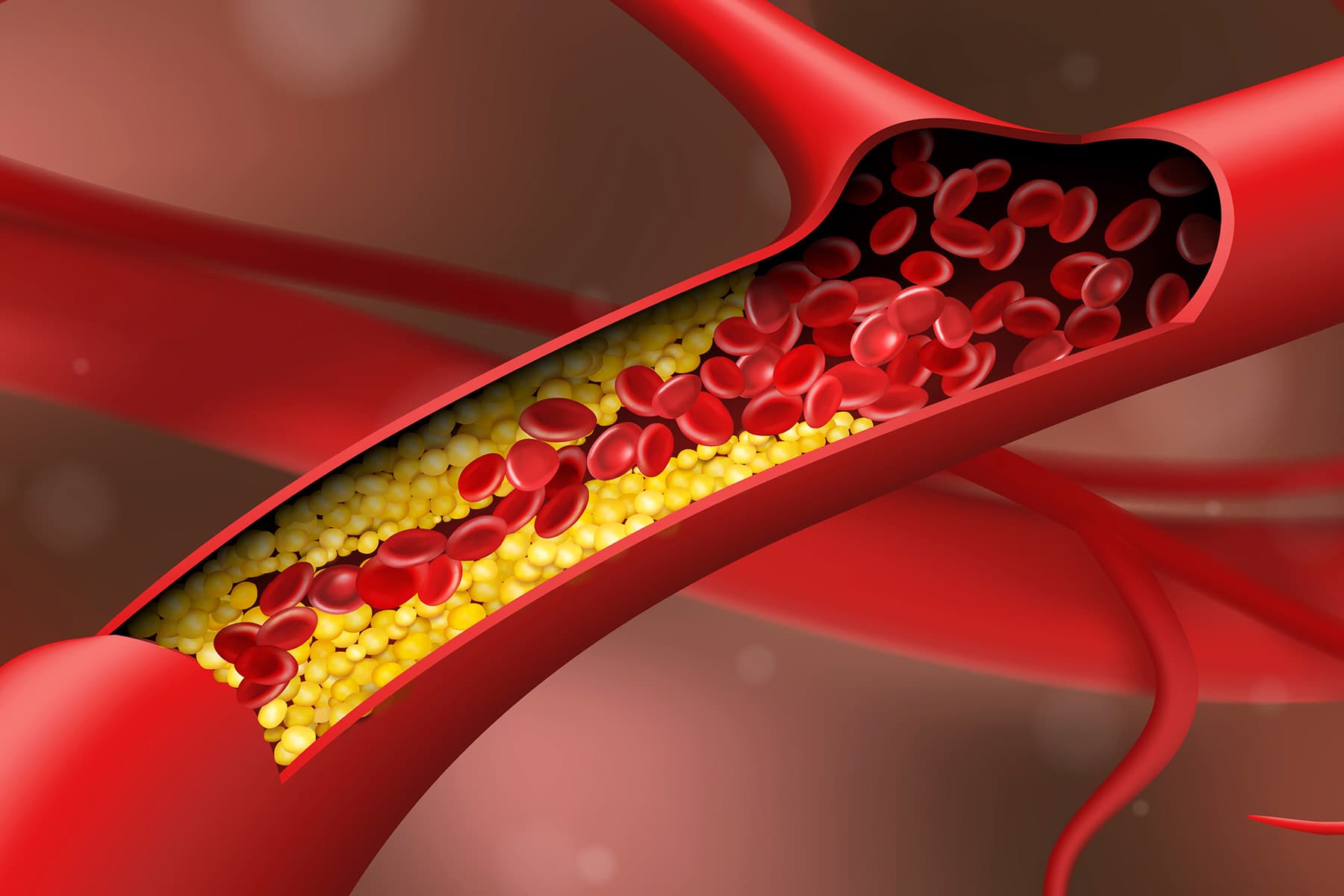
Lastly, lifestyle habits such as avoiding smoking and minimizing exposure to environmental toxins are non-negotiable. Smoking damages the delicate endothelial lining of arteries and promotes plaque formation at an accelerated rate. Passive smoke, air pollution, and even excessive alcohol consumption further undermine vascular health. By choosing a smoke-free environment, limiting alcohol, and staying aware of air quality, you help preserve the natural cleansing capacity of your vascular system.
In conclusion, while medications have their appropriate role in treating advanced cardiovascular disease, there are numerous natural, scientifically supported strategies you can adopt to support the cleansing of clogged arteries without depending solely on pharmacological interventions. A diet rich in whole plant-based foods, regular movement and more dynamic exercise, effective stress management, proper hydration and sleep, and a lifestyle free of smoking and excessive toxins all converge to create an environment in which your arteries can stay clean, flexible, and healthy. Embarking on this comprehensive, proactive approach empowers you to actively care for your cardiovascular system and may reduce the likelihood of arterial blockage over time. Your arteries will thank you for the attention, and you’ll enjoy a stronger foundation for long-term health.
News in the same category


What Happens to Your Body When You Stop Eating
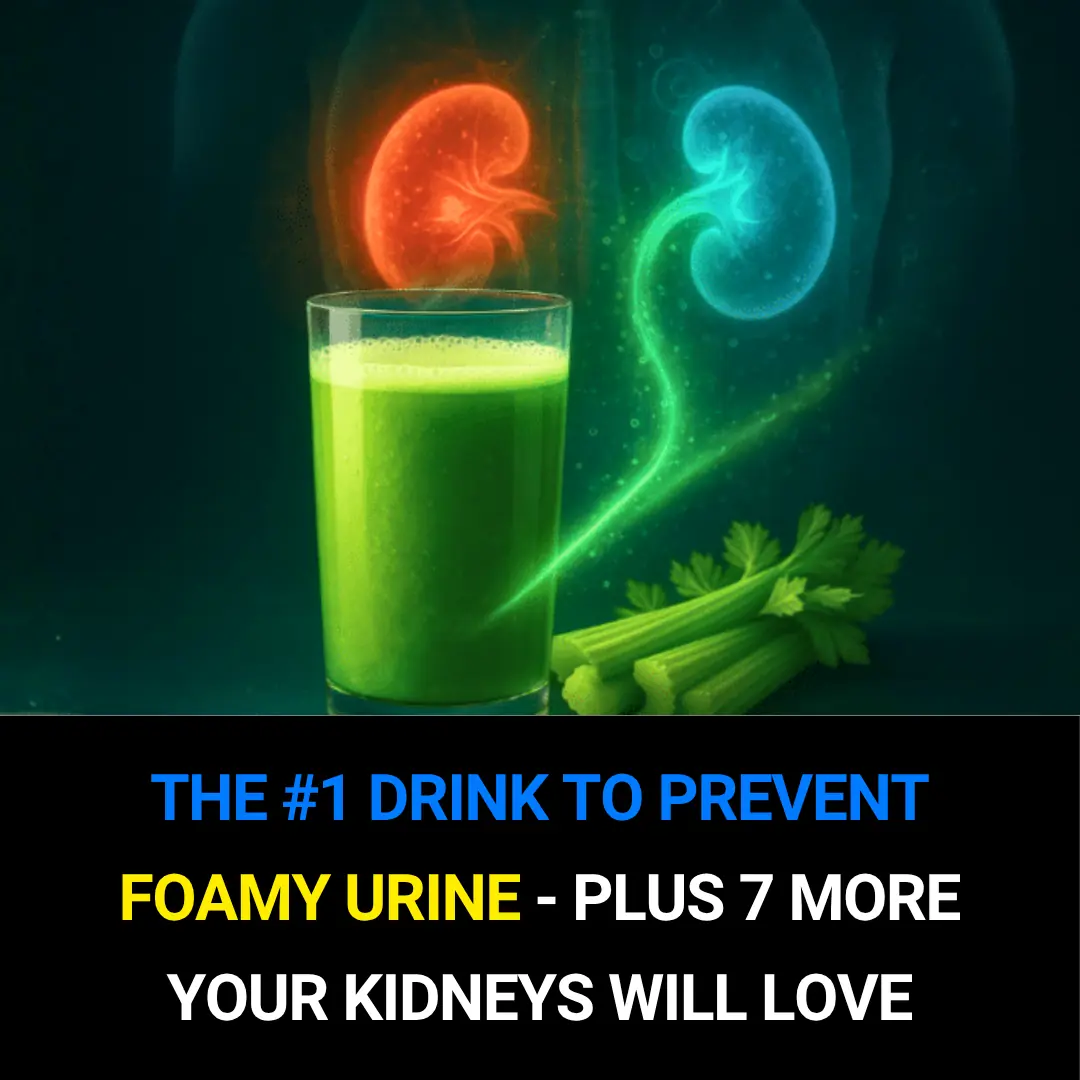
The #1 Drink to Prevent Foamy Urine — Plus 7 More Your Kidneys Will Thank You For
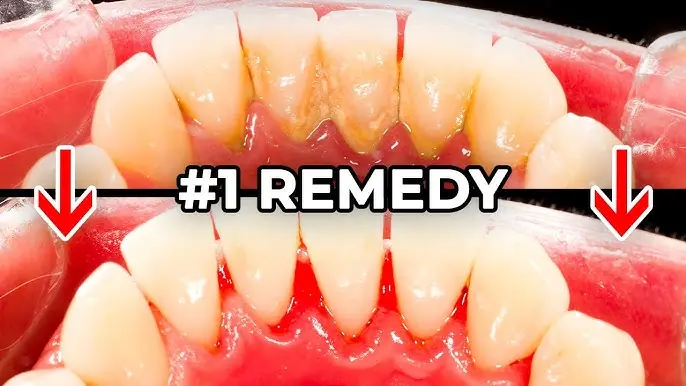
The #1 Most Effective Remedy for Dental Plaque (And How to Beat Tartar at Home)
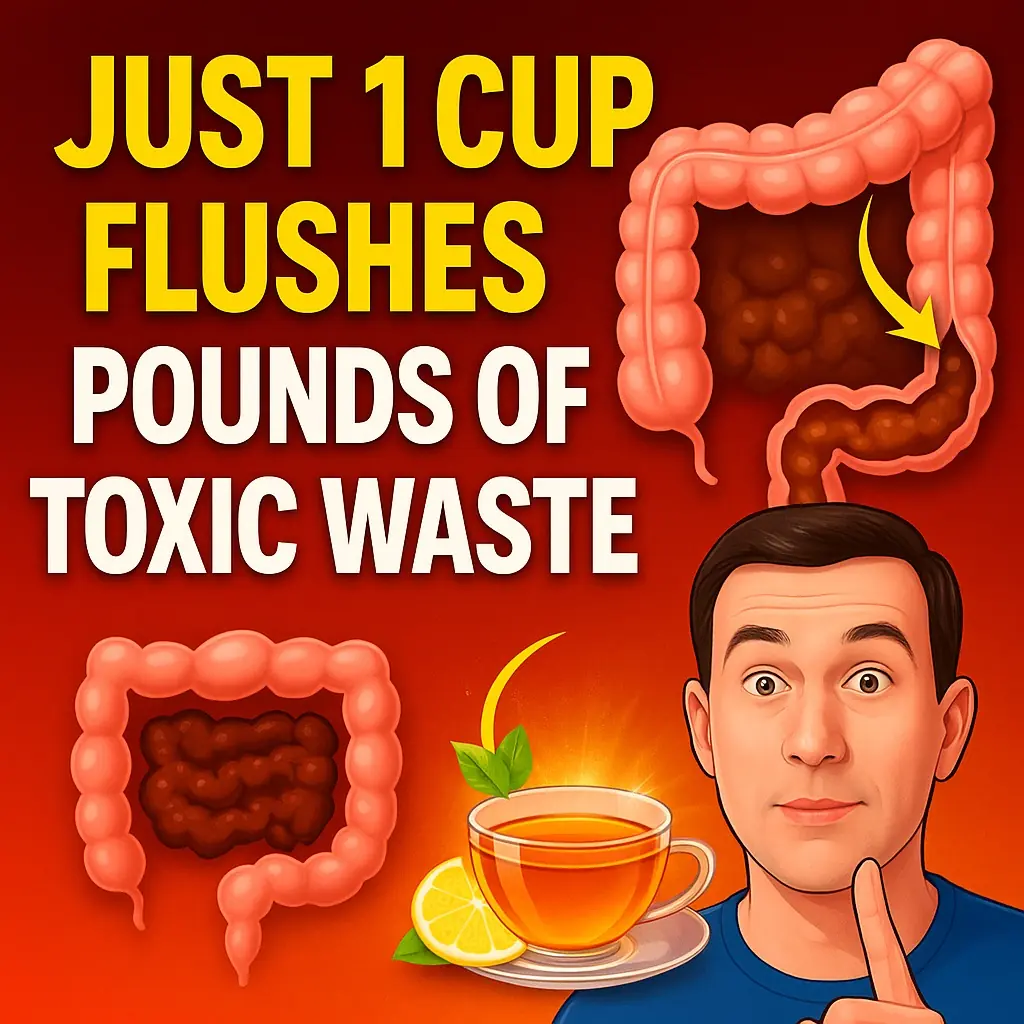
JUST 1 CUP FLUSHES POUNDS OF TOXIC WASTE
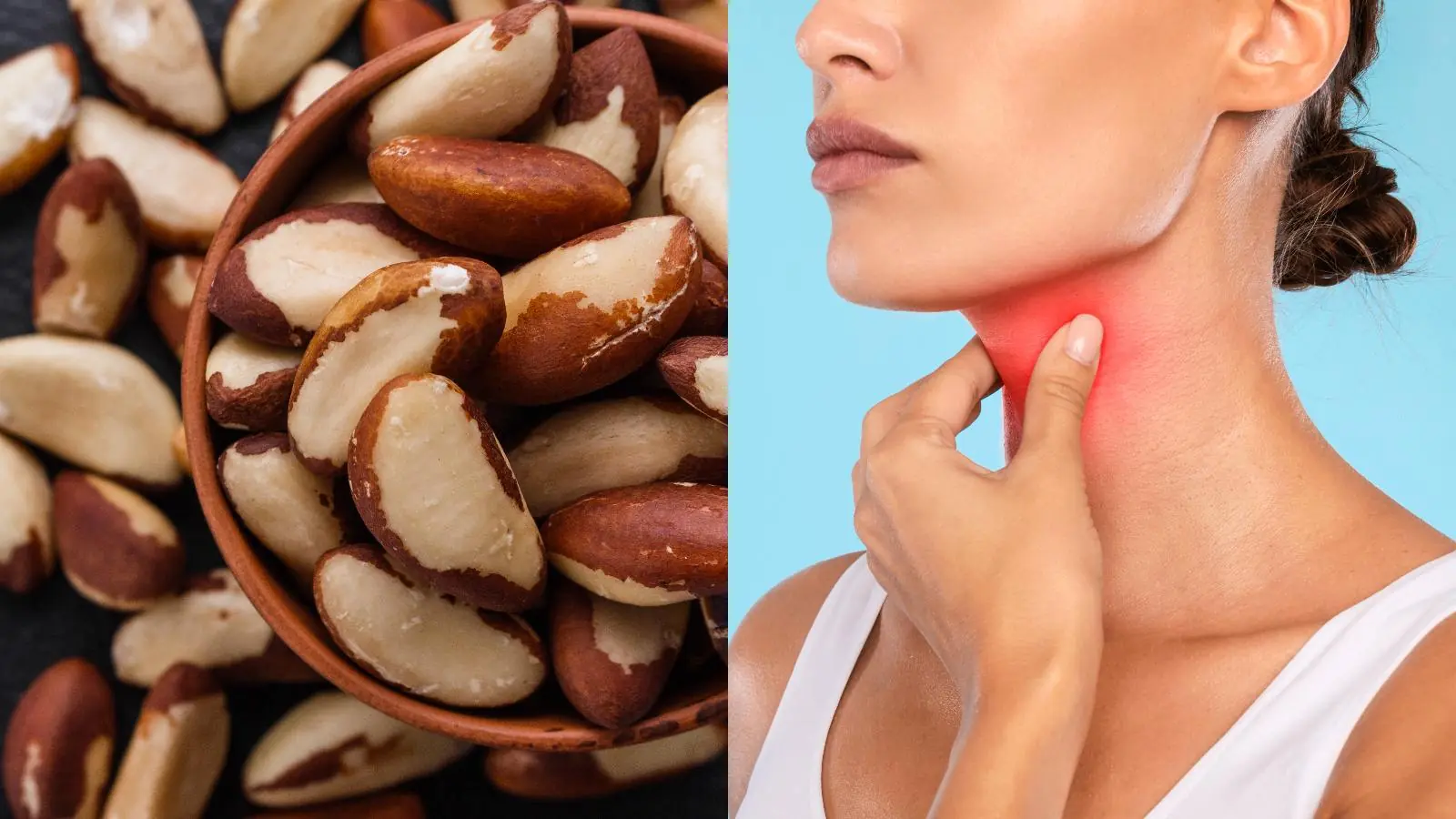
Just 2 Nuts a Day Can Support Your Thyroid, Help With Weight Loss, and Balance Blood Sugar
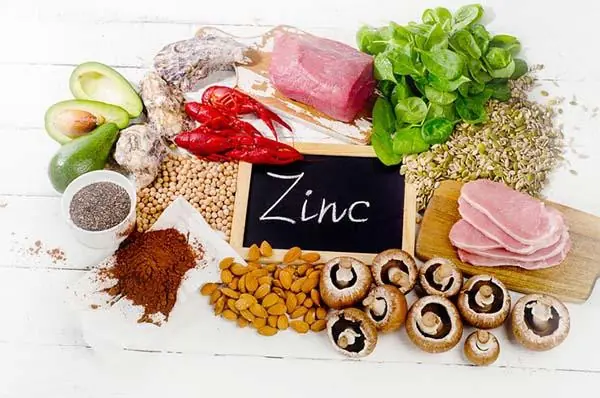
Zinc Deficiency Triggers Inflammation in Your Body — Here’s What to Eat to Fix It
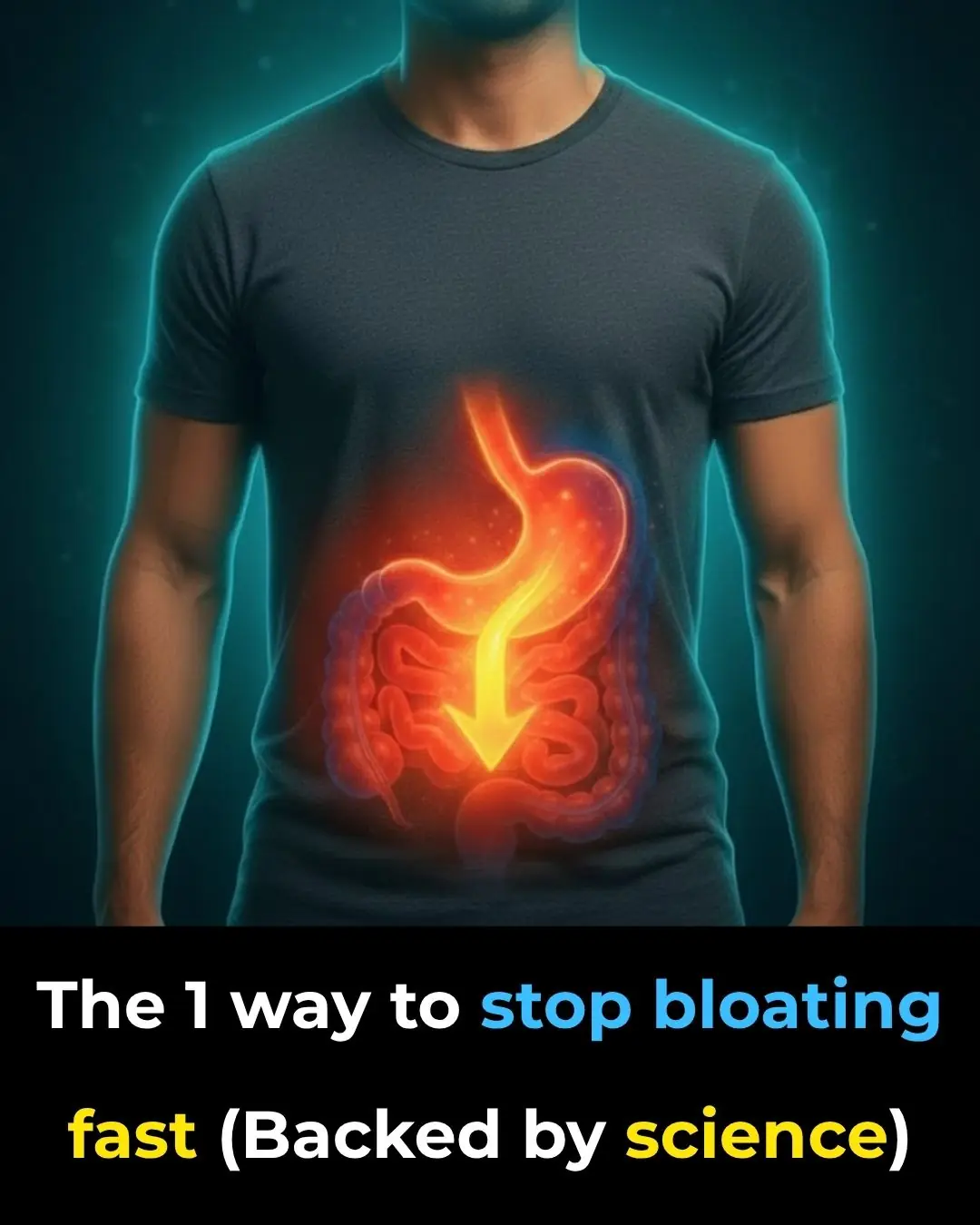
The #1 Way To Stop Bloating Fast
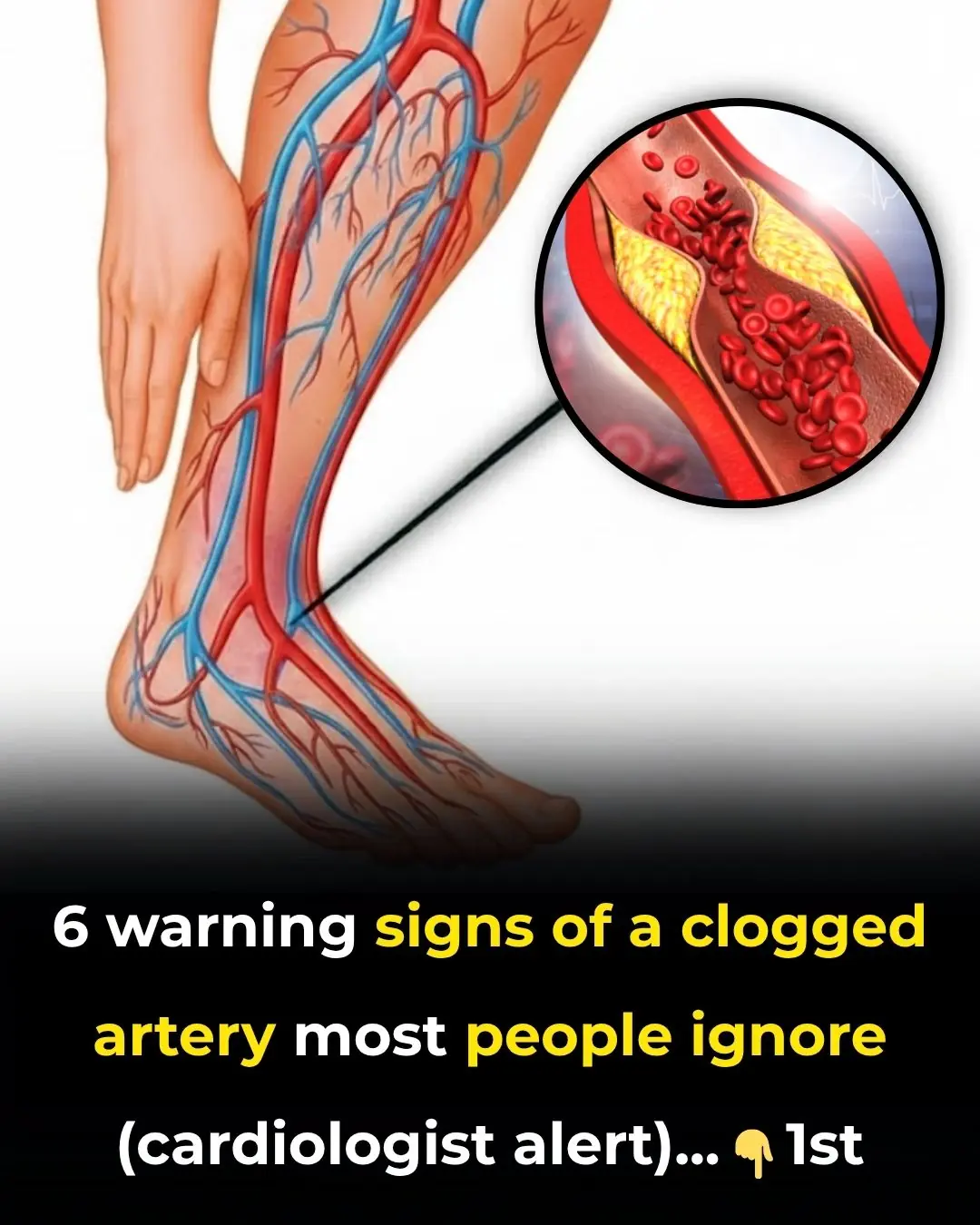
6 warning signs of a clogged artery most people ignore (cardiologist alert)
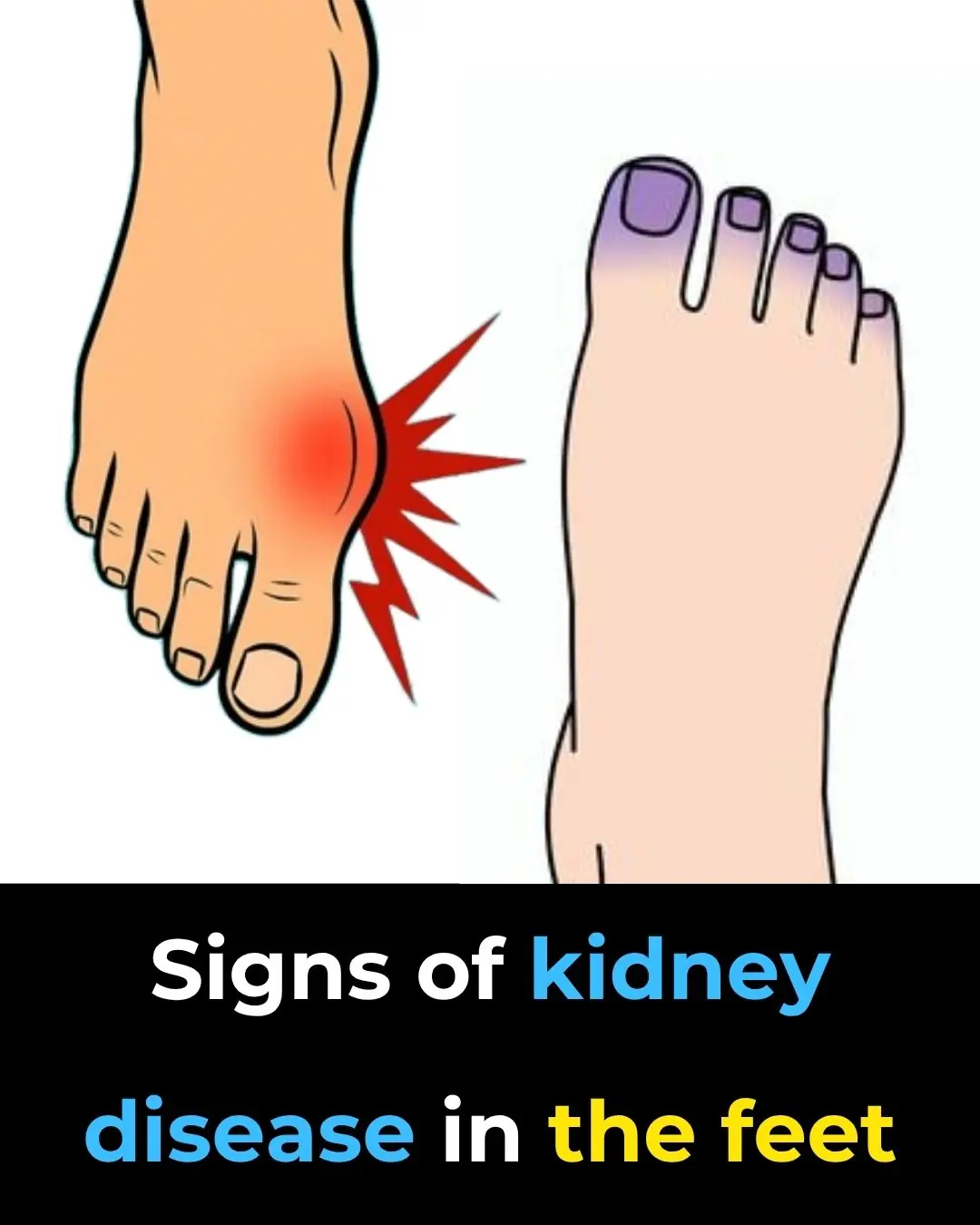
Foot Symptoms That Could Signal Kidney Problems
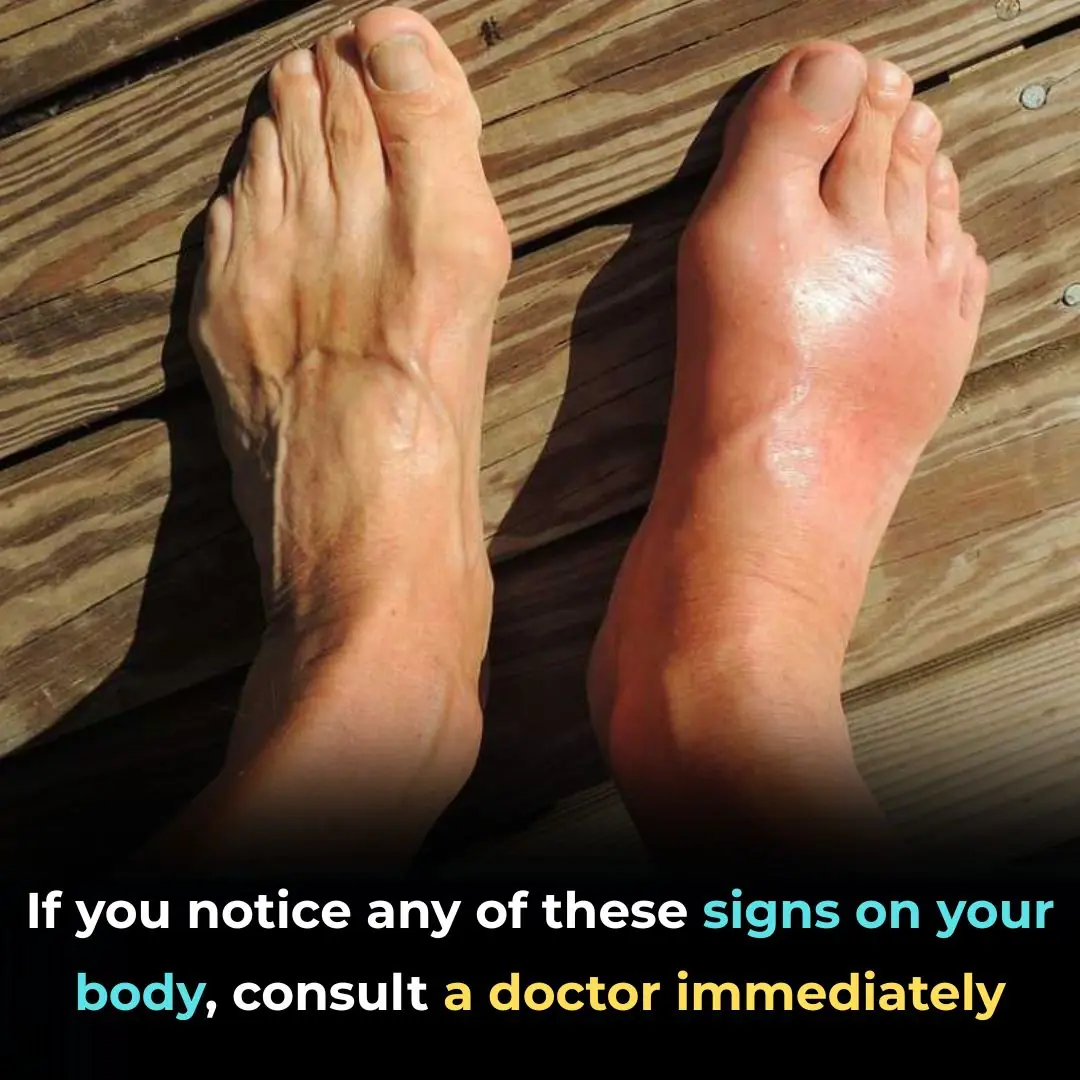
Redness Swelling and Warmth in One Leg
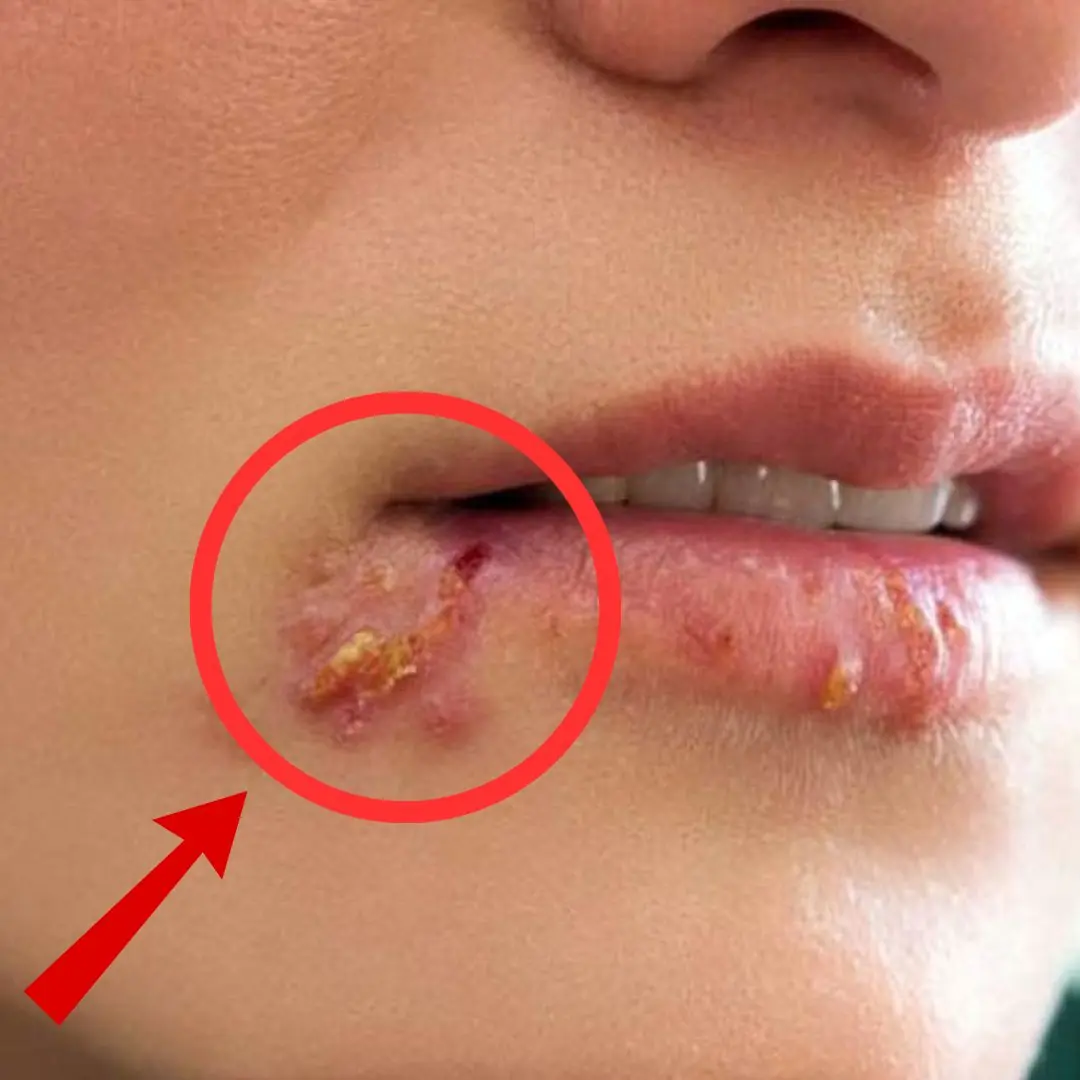
These are the signs that he is...read more
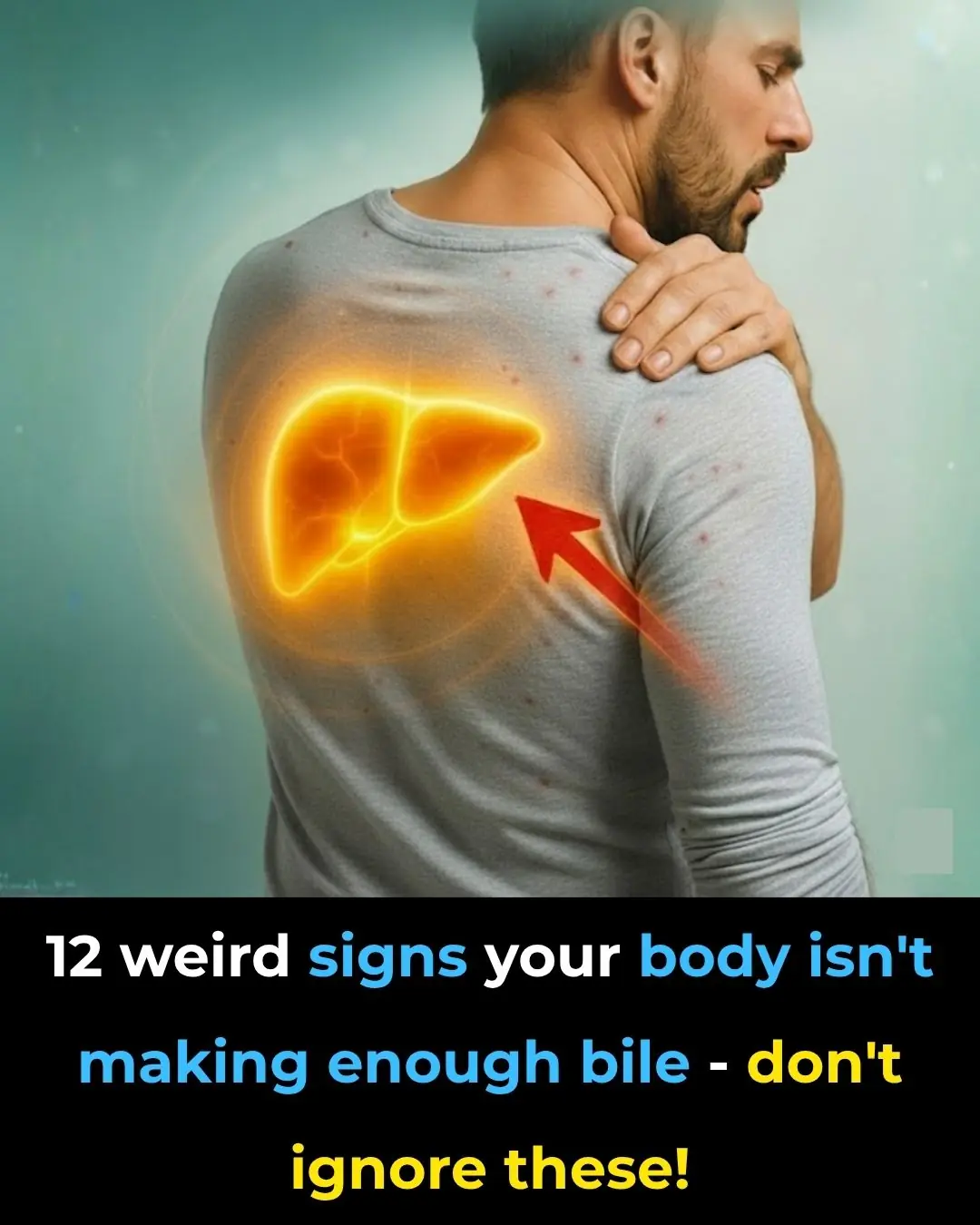
12 weird signs your body isn’t making enough bile—don’t ignore these!
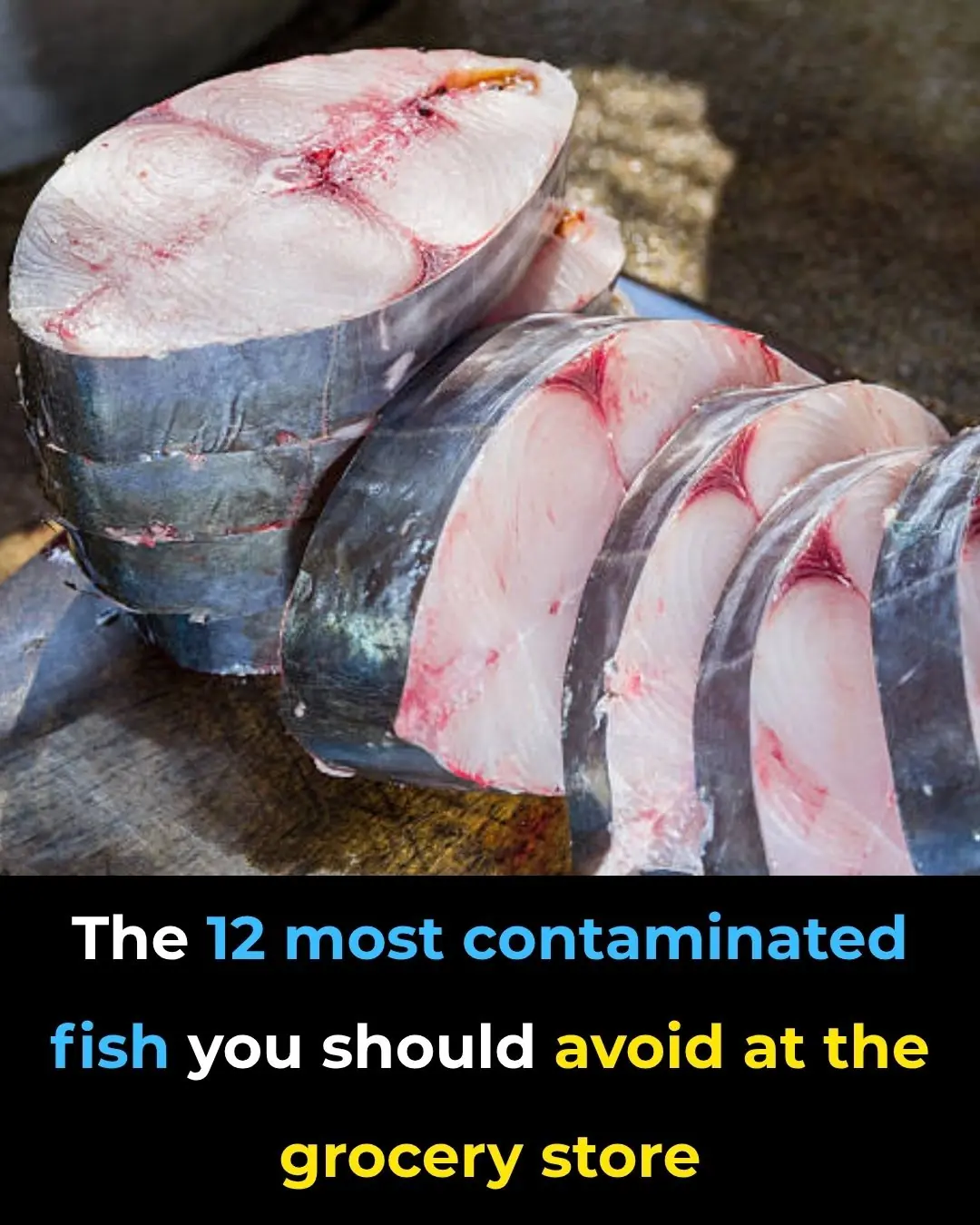
12 Fish Species You Need to Know to Avoid
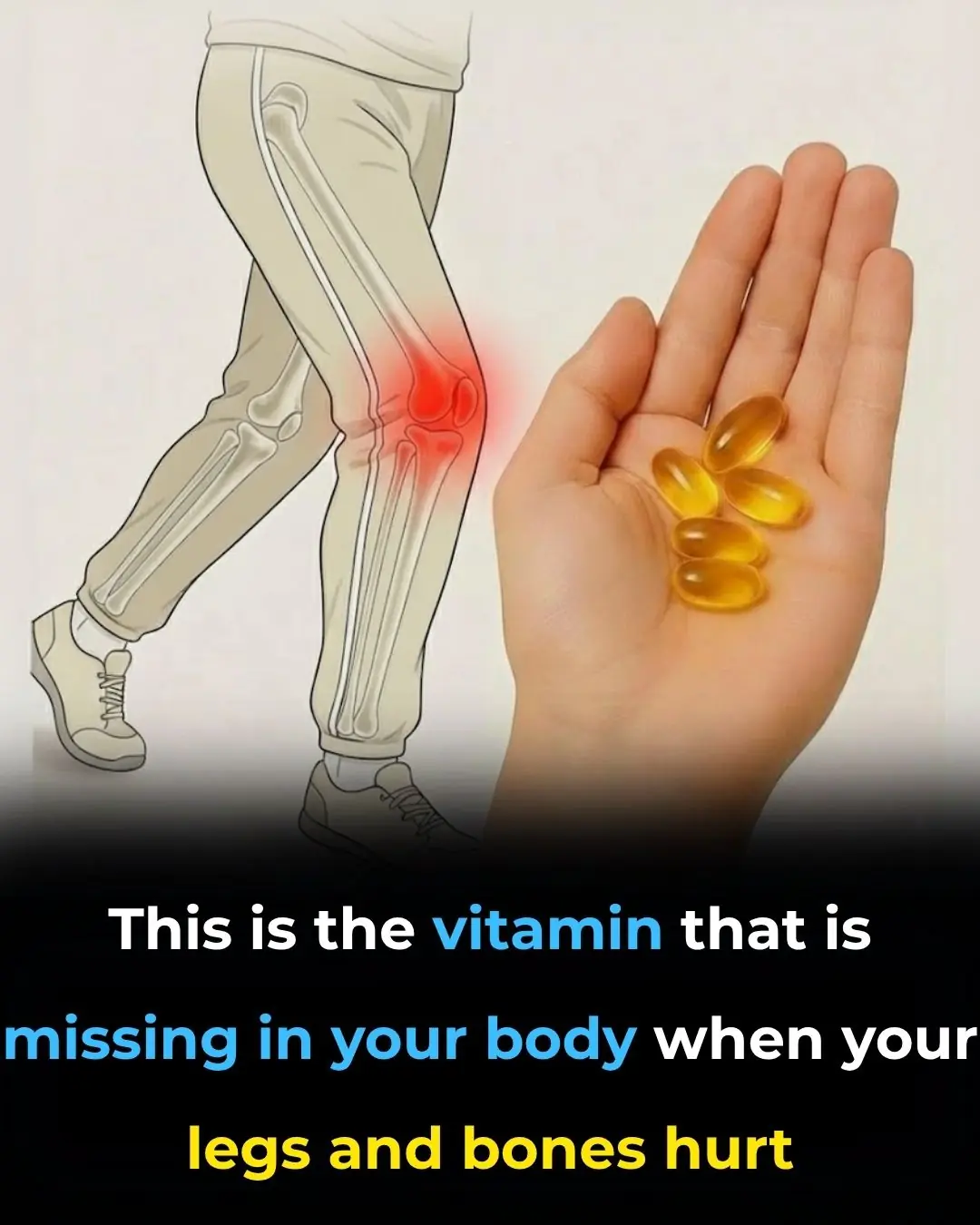
🦴 The Vitamin & Mineral Deficiencies That May Be Behind Leg and Bone Pain

🩺 Unusual Case of Sweet Syndrome Triggered by New Inhaler Therapy in Primary Care
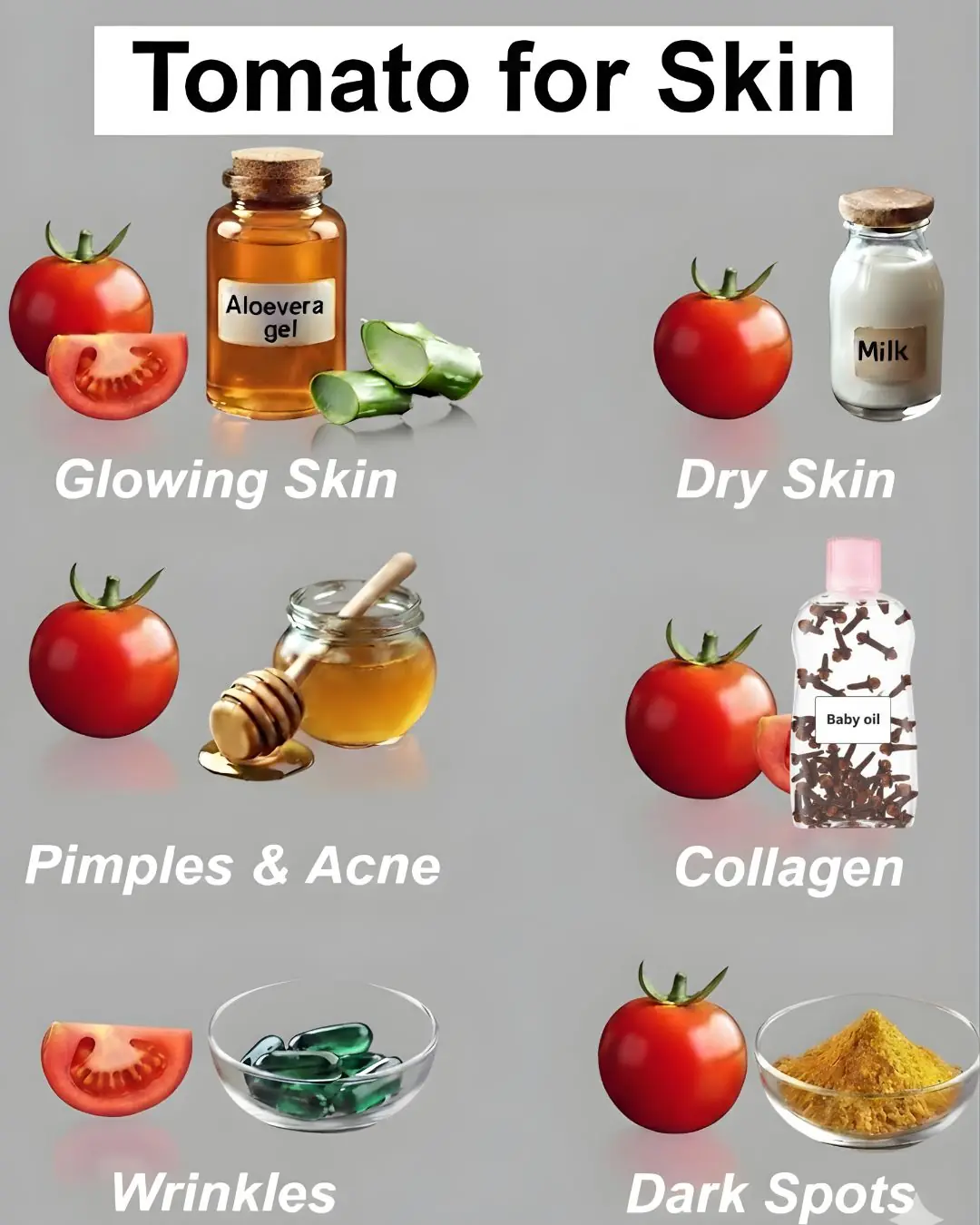
Tomato Benefits for Skin – Rub Tomato Slice on Face
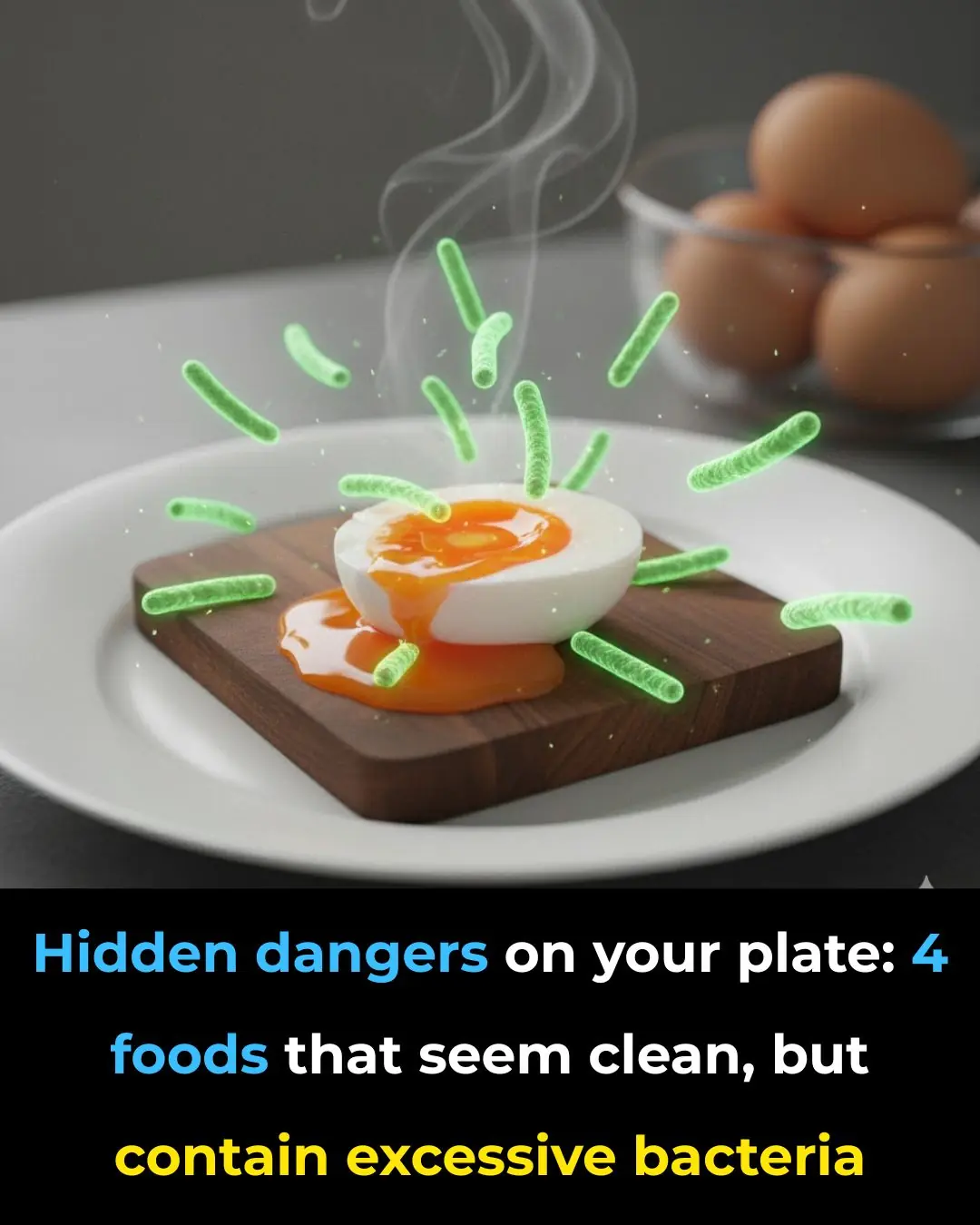
Hidden Dangers on Your Plate: 4 “Clean” Foods That Can Secretly Harm Your Health
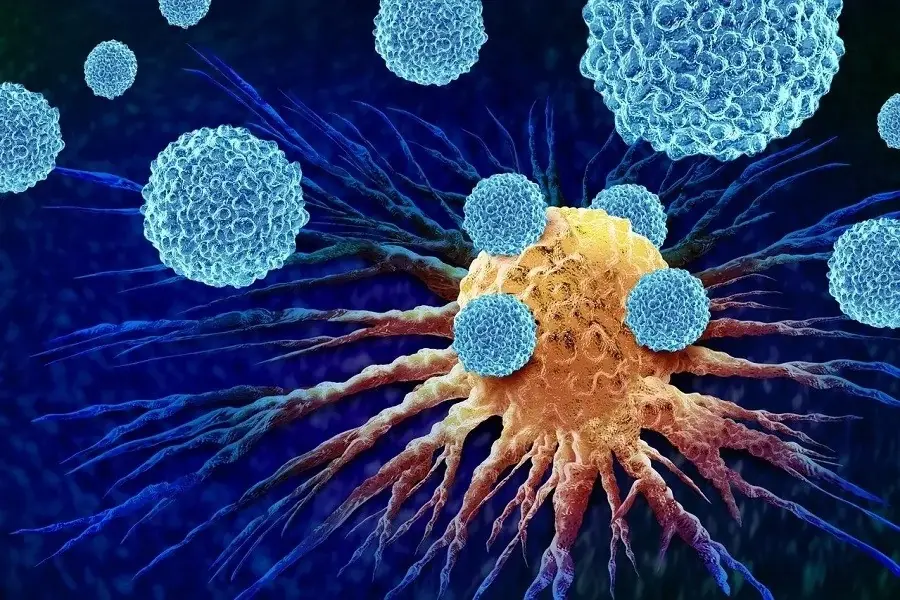
4 Unusual Signs in Your Neck That Could Be Symptoms of Cancer — Don’t Ignore Them
News Post
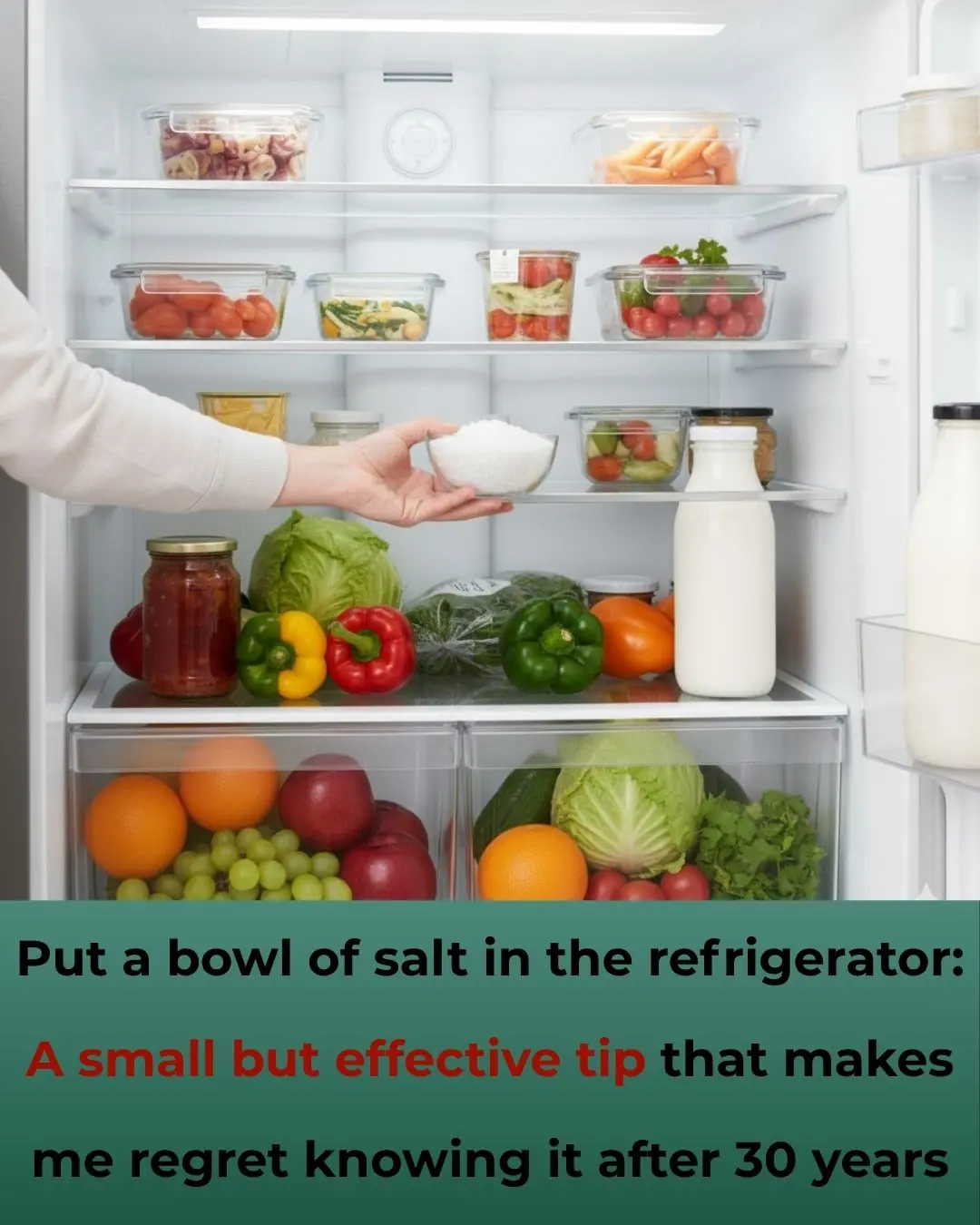
Put a bowl of salt in the refrigerator: A small but effective tip that makes me regret knowing it after 30 years

Most Attractive Hobby a Man Can Have According to Women

The Hidden Power of the Hole in Your Kitchen Knife — 7+ Surprising Uses You Probably Didn't Know

Most people will go their entire lives without ever knowing what the microwave ring cover is actually for

10 Morning Habits That Are Surprisingly Harmful to Your Health
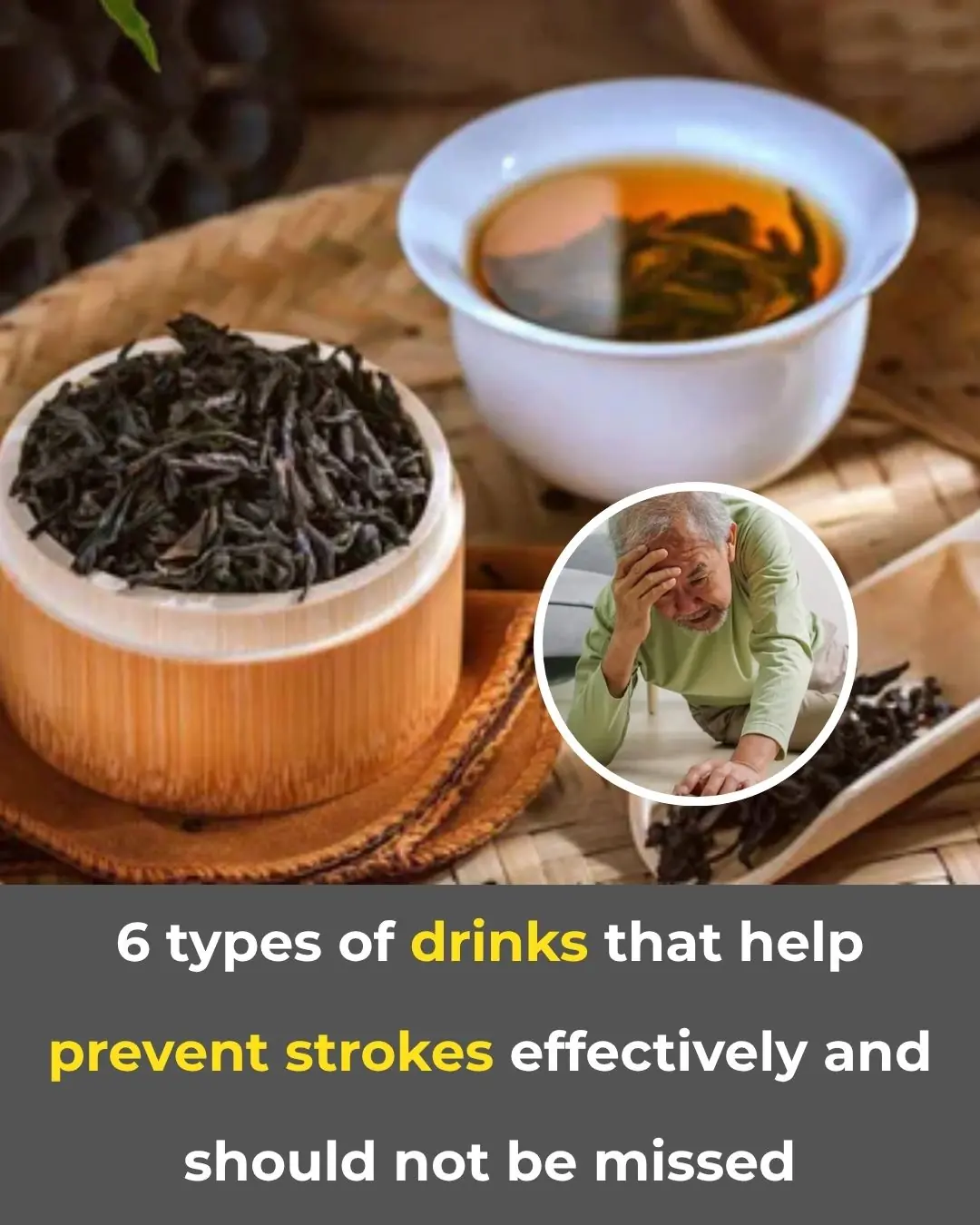
6 Effective Drinks to Help Prevent Stroke – Don’t Overlook These Choices

DENTISTS HATE HOW SIMPLE THIS TEETH WHITENING HACK IS
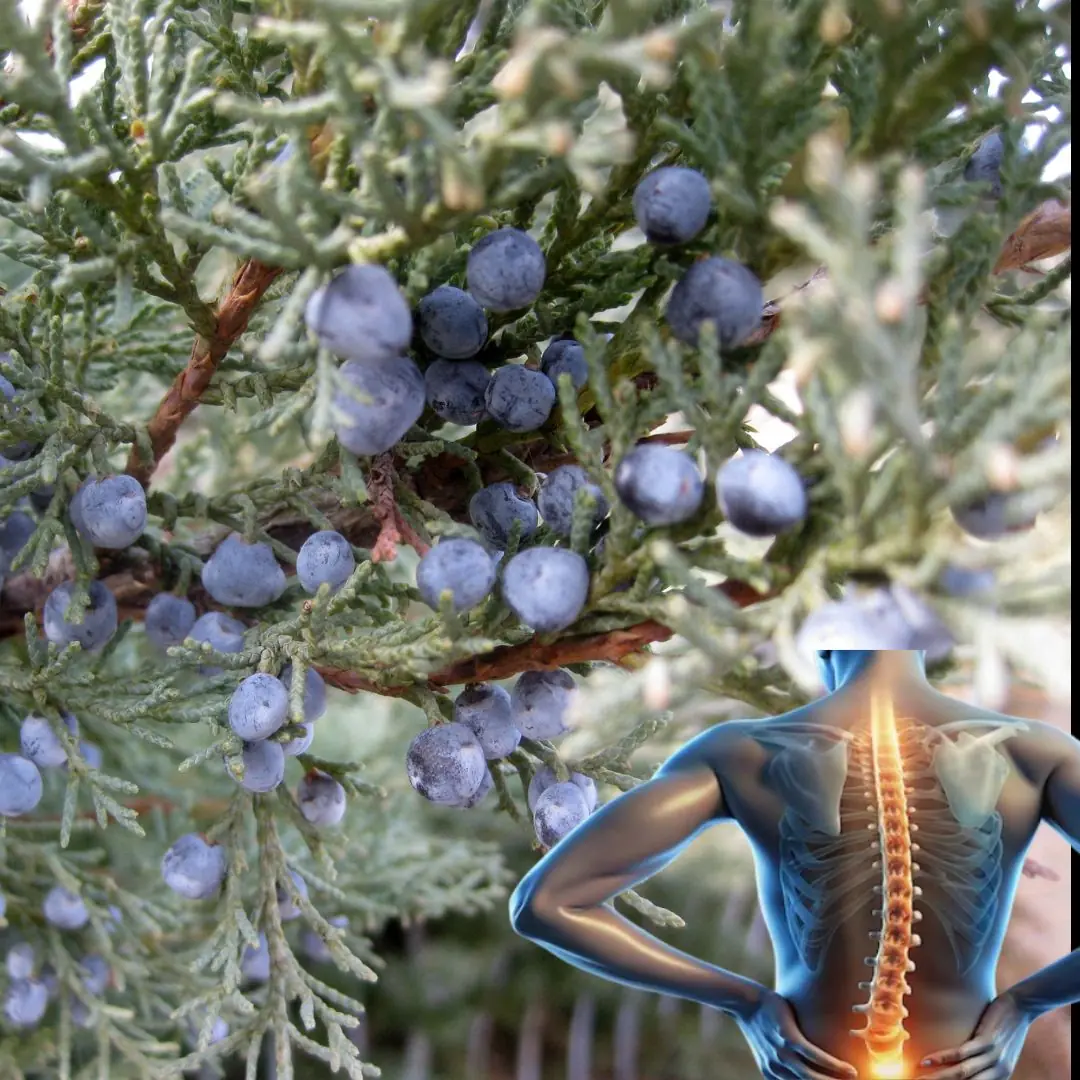
Juniper: A Comprehensive Guide to Its Benefits and Uses
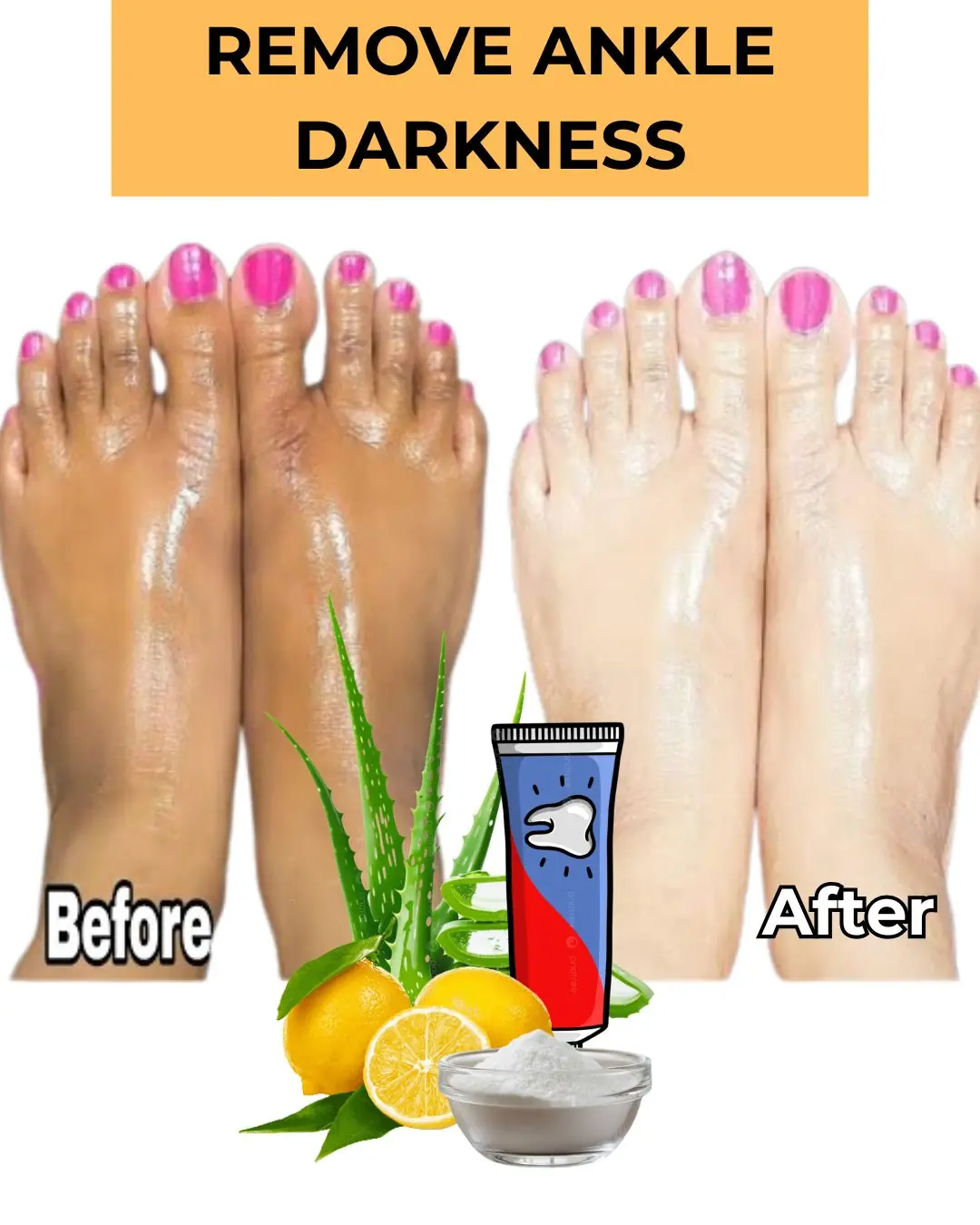
Unveil Colgate’s Secret for Silky-Smooth Feet
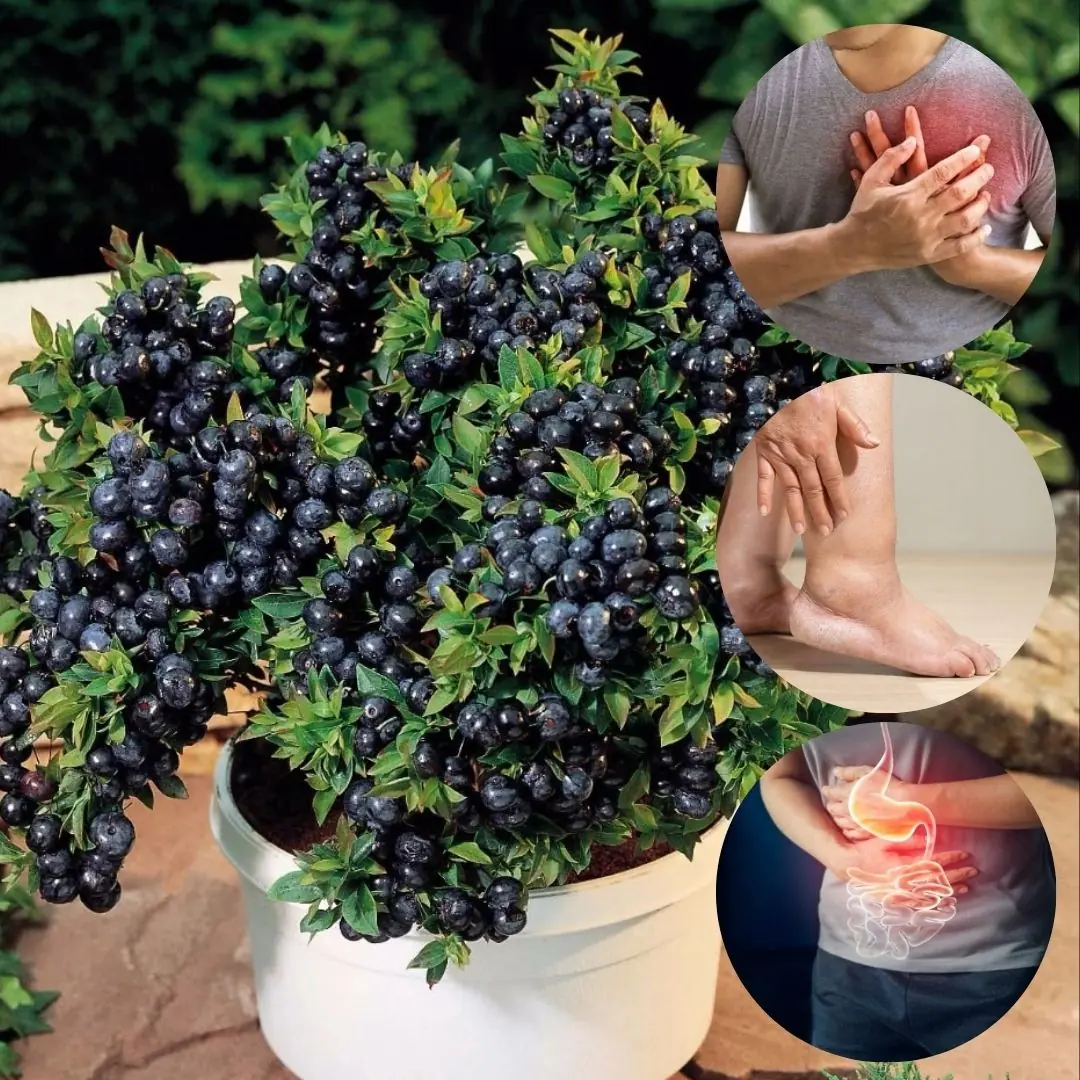
Evergreen Huckleberry (Vaccinium ovatum) – Benefits, Uses, and Growing Guide

A 3-Year-Old Boy Got Super Glue in His Eye — His Mother’s “Golden 30 Seconds” Saved His Sight
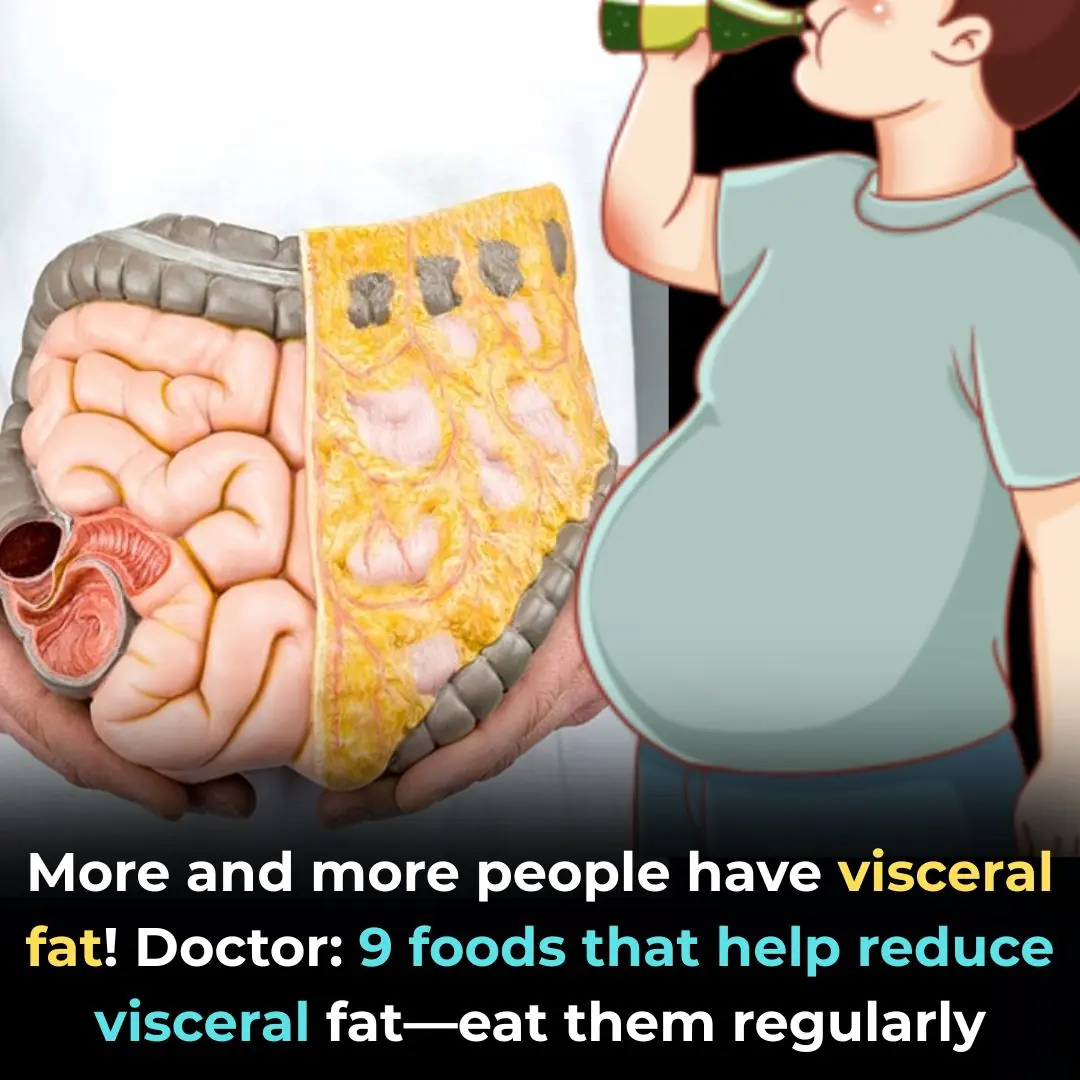
Growing Concern Over Visceral Fat — Doctors Recommend 9 Foods to Help Burn It Naturally
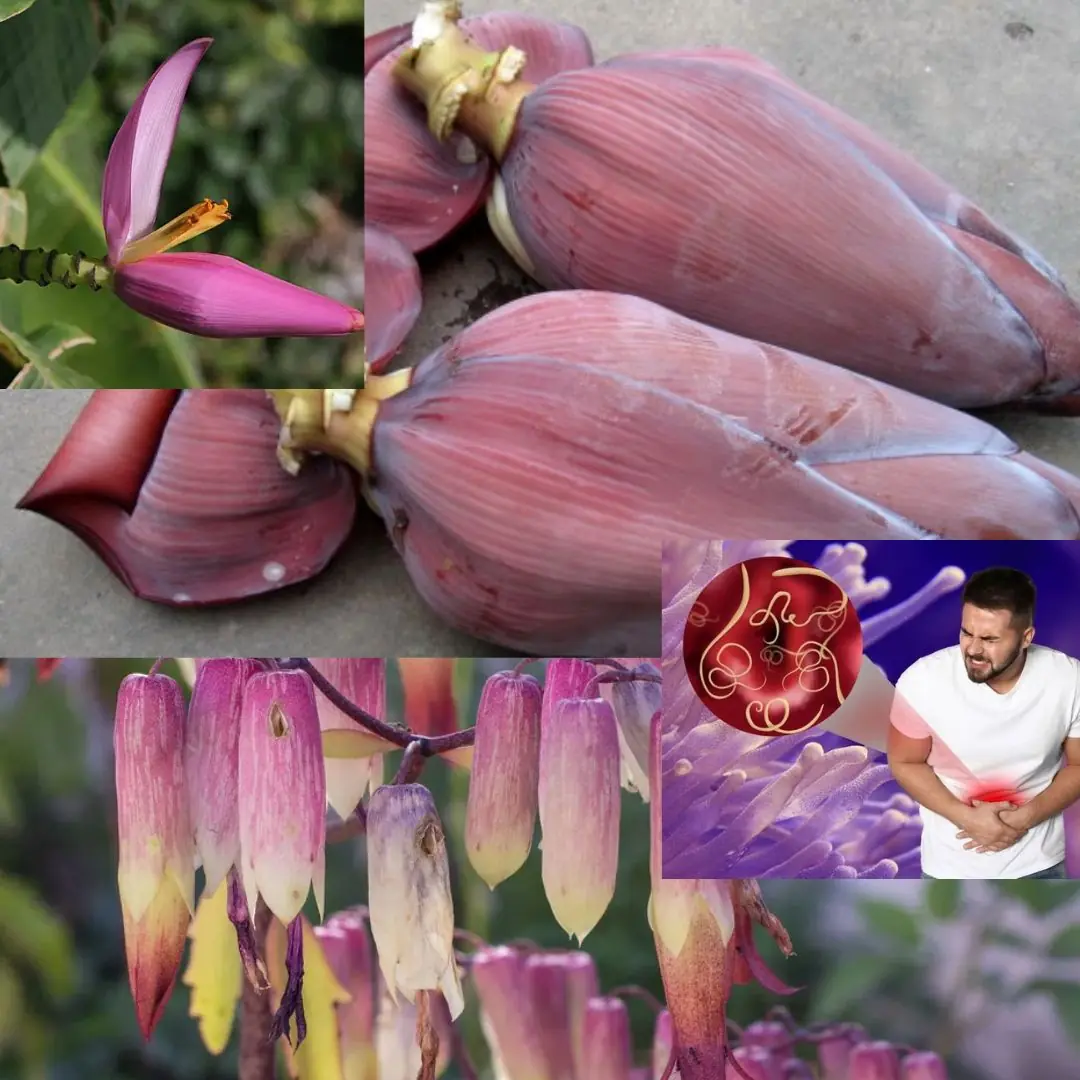
7 Amazing Health Benefits of Banana Blossoms
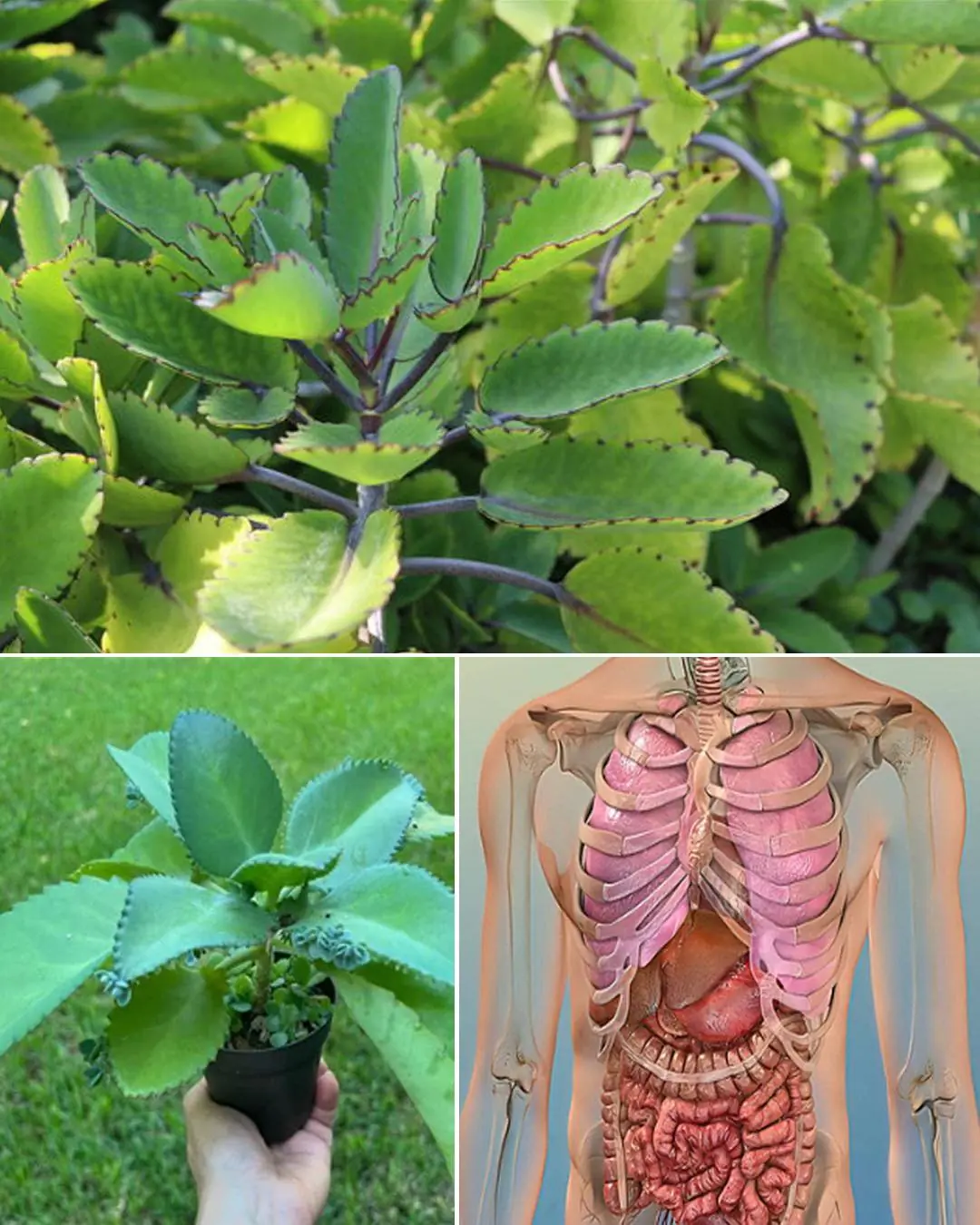
Bryophyllum Calycinum (Kalanchoe Pinnata): Benefits and Uses
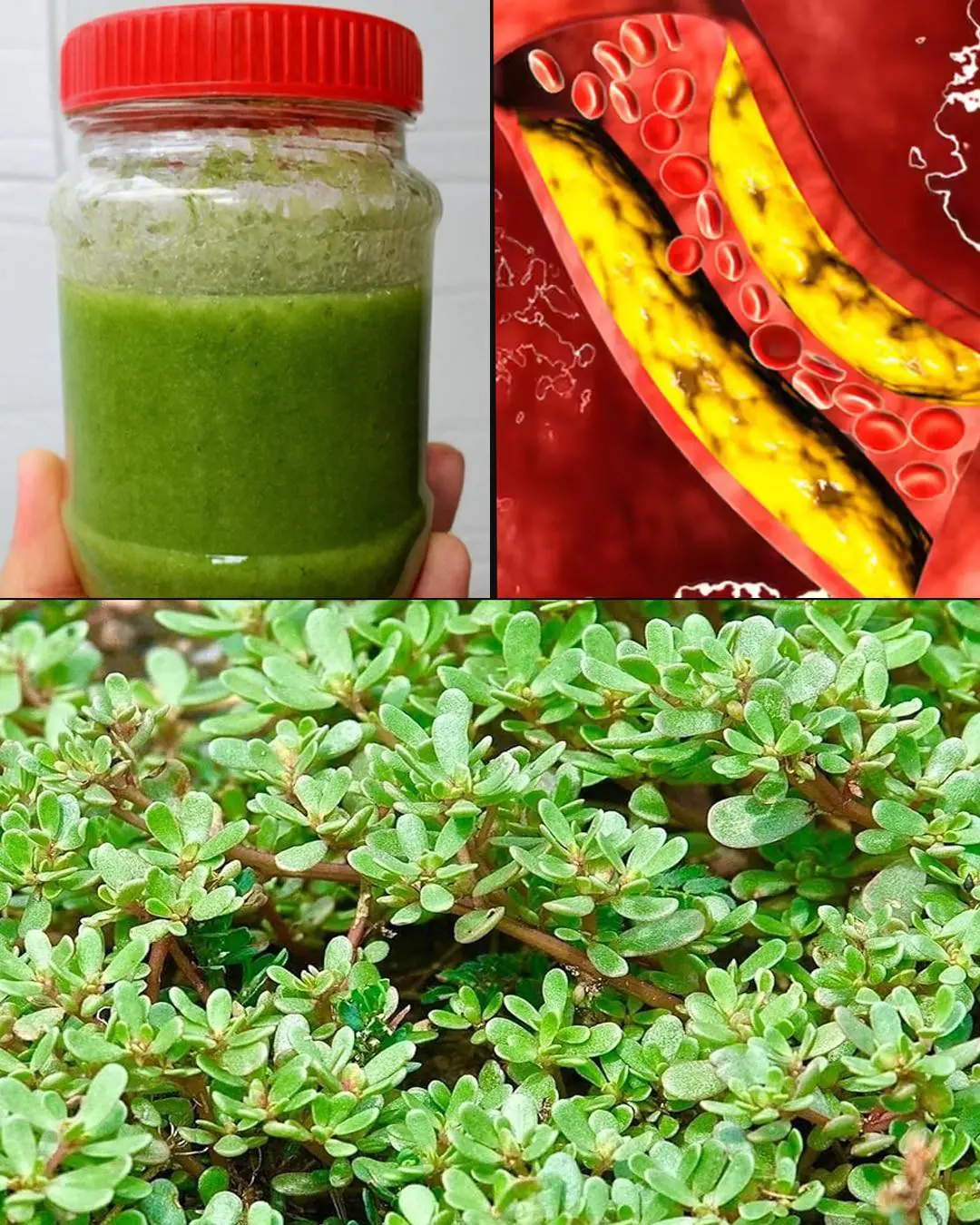
Purslane: The Superfood That Tastes Better Than Meat – 7 Reasons to Grow It in Your Garden
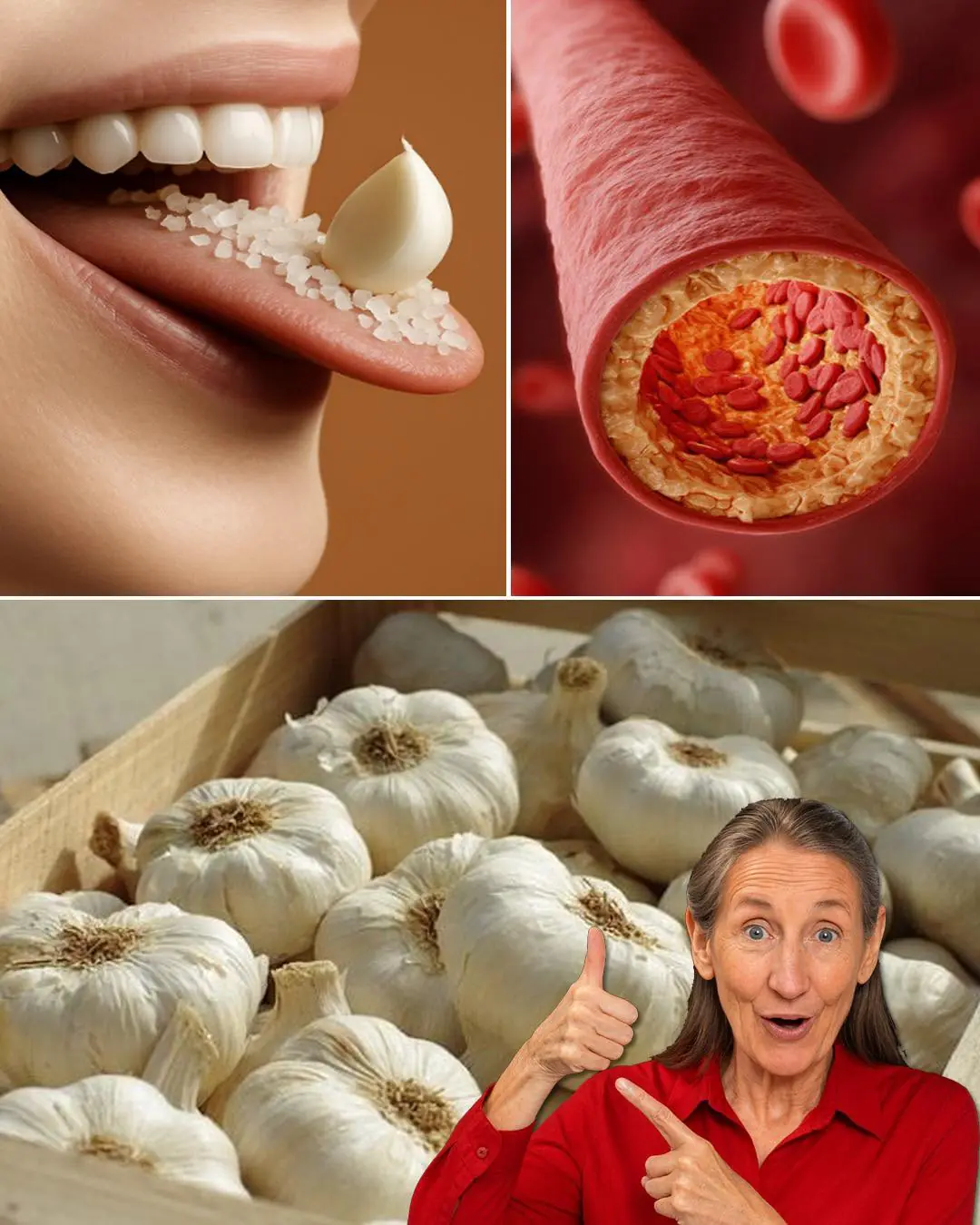
7 Benefits of Chewing Raw Garlic on an Empty Stomach
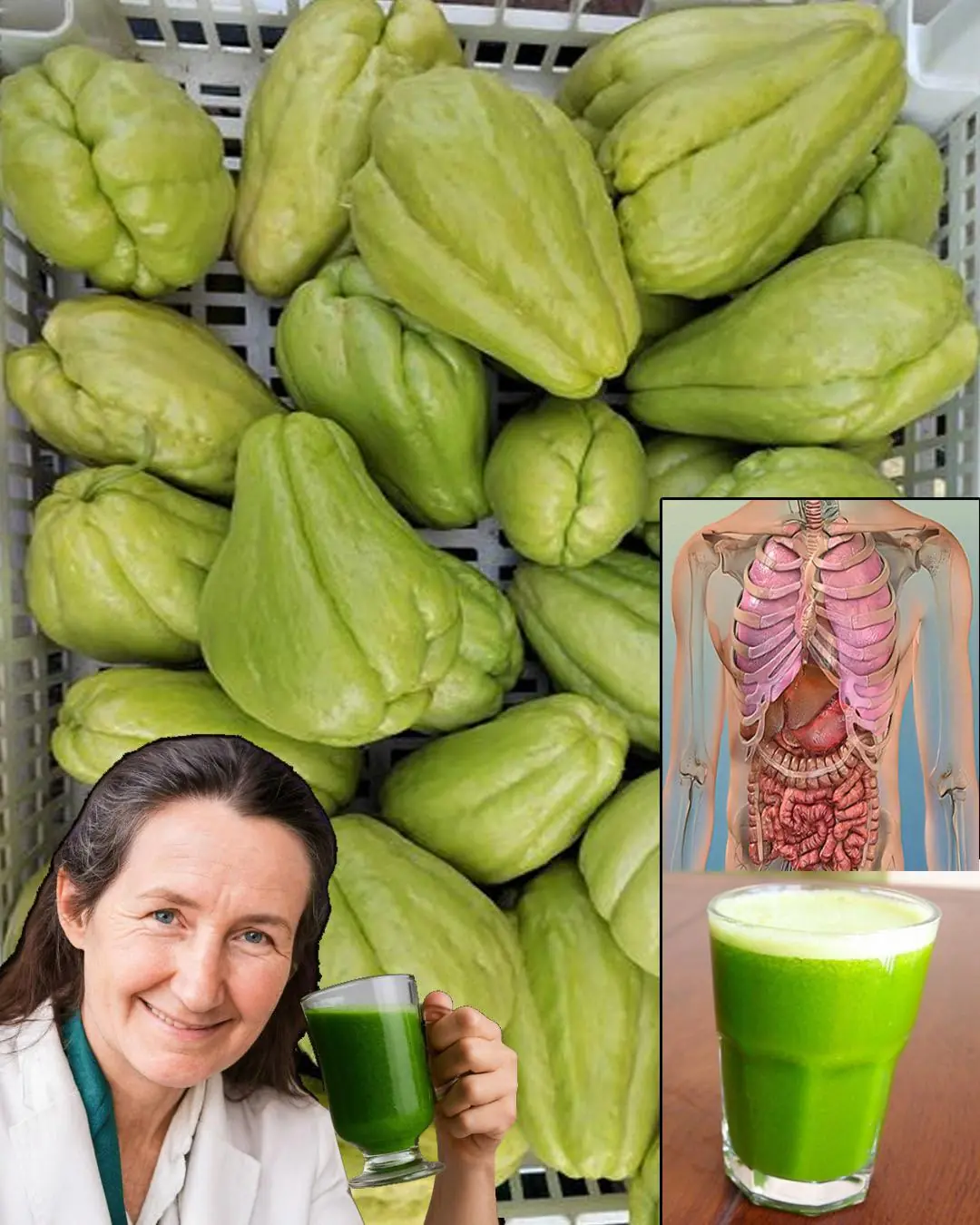
Chayote Remedy: Natural Cure for Pain, Swelling, Blood Pressure & Cholesterol
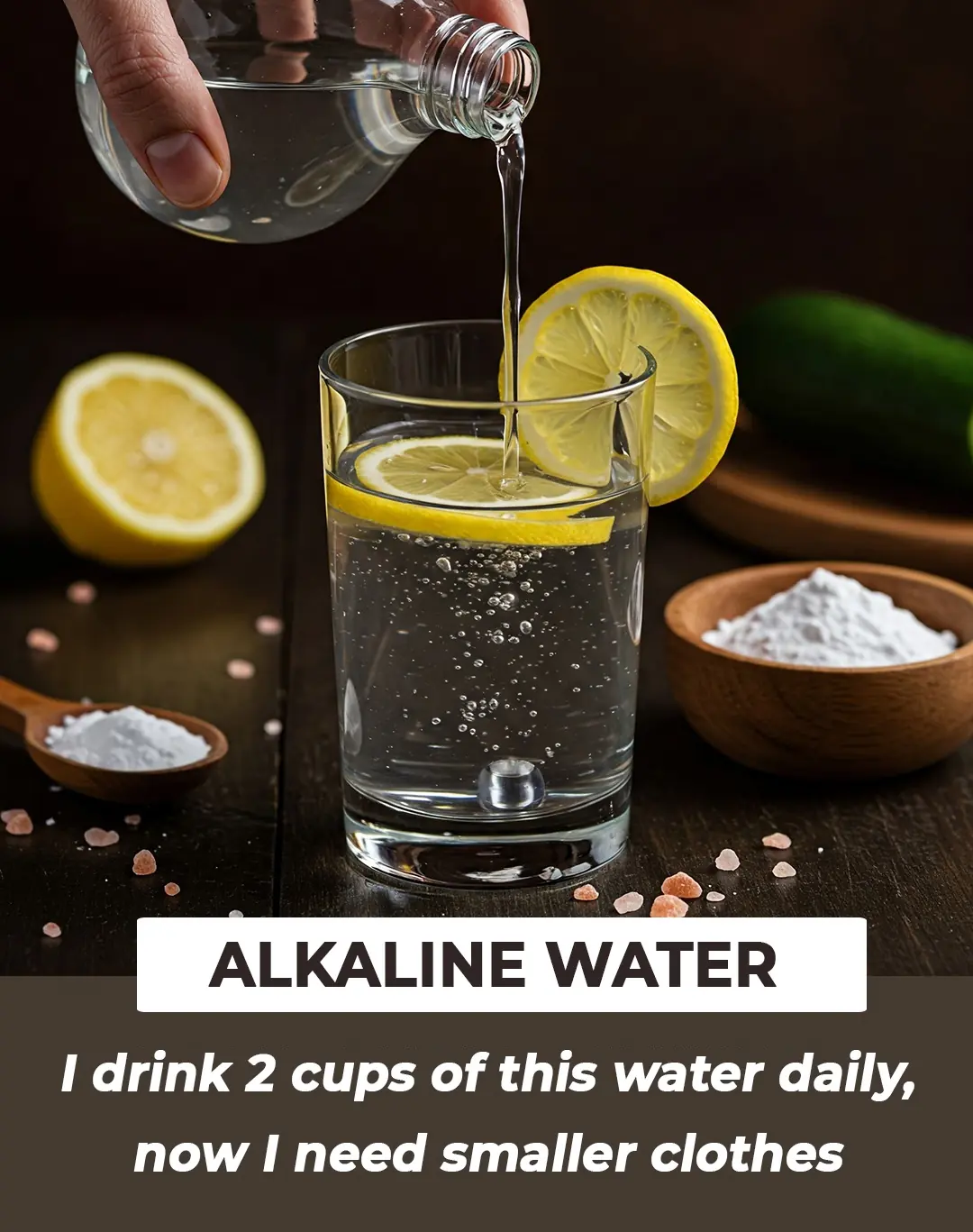
Alkaline Water – Recipe and Health Benefits for Skin & Hair
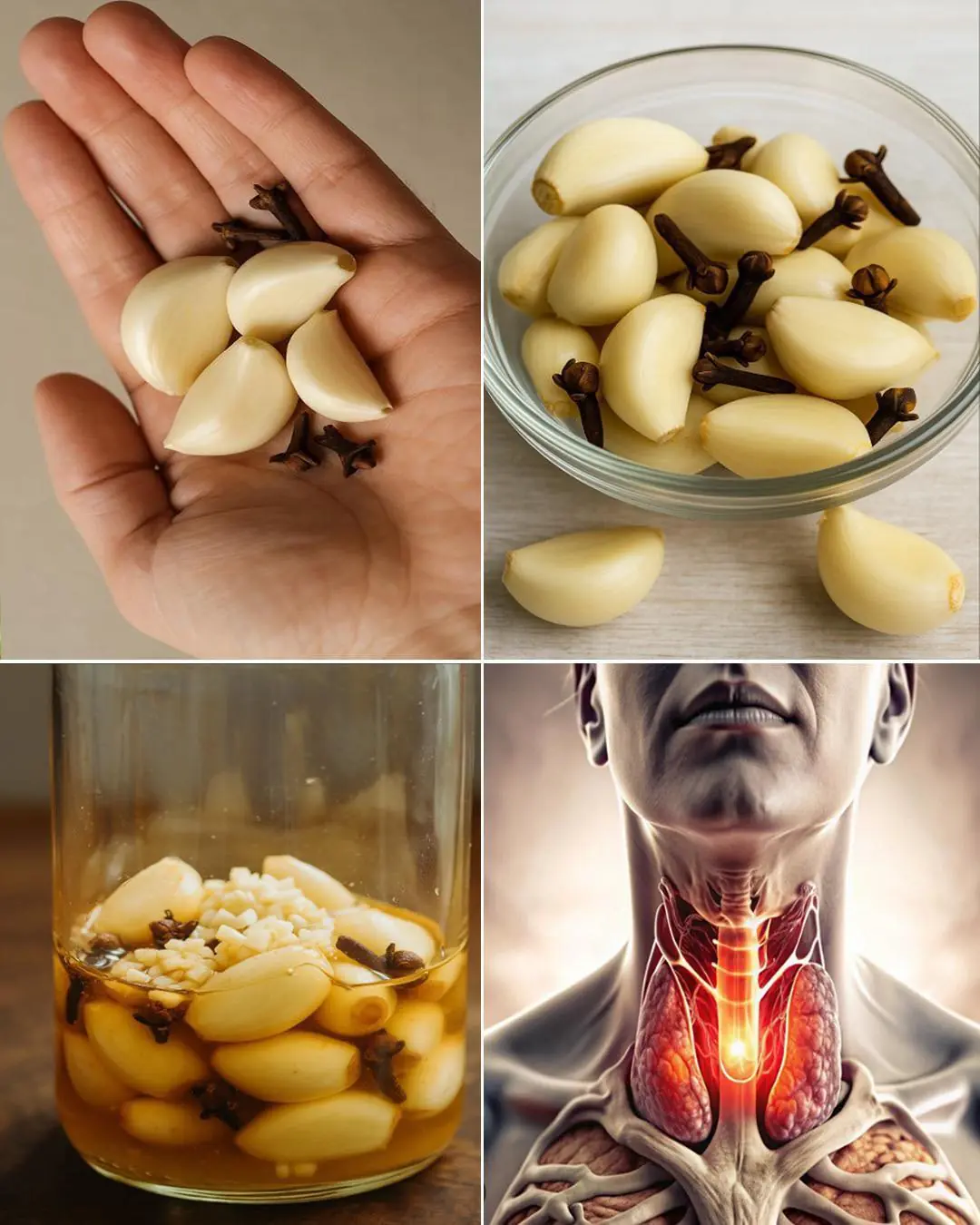
Garlic, Honey, and Cloves – a powerful natural remedy packed with health benefits
